LIVRES - THEME : BUSINESS & ECONOMICS,Accounting,Managerial
LIVRES - THEME : BUSINESS & ECONOMICS,Accounting,Managerial
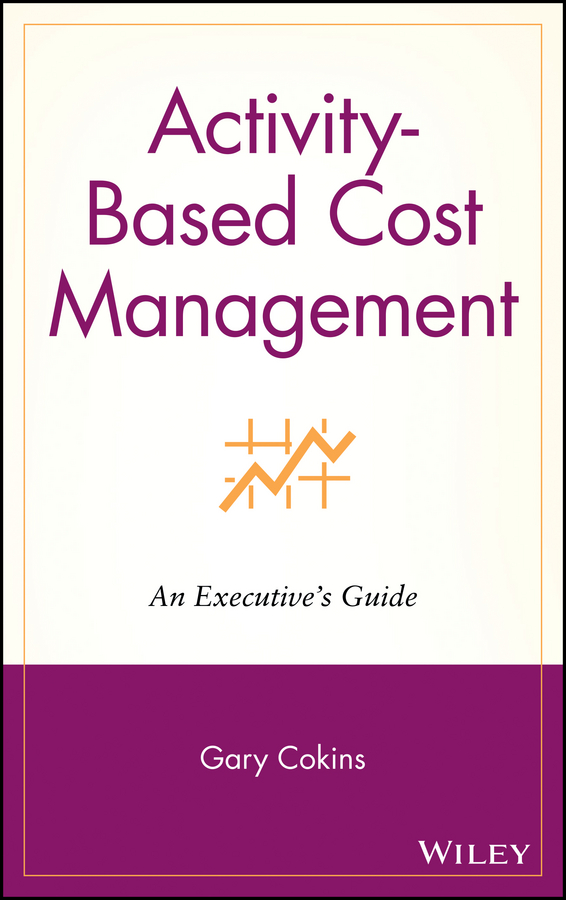
Activity-Based Cost Management Proven strategy for reducing production and operating costs while increasing profits As the growth of the Internet shifts power to consumers, the pressure on companies to keep prices low will continue to mount. Increasingly corporations are relying on "margin management" and supply chain management as a means of keeping prices low while raising profits. Activity-based costing and management (ABC/M) data is key to succeeding in both these critical management strategies. This book explains how executives can effectively use the information furnished by cutting-edge ABC/M systems. The author, an acknowledged expert in the field, clearly defines the ABC/M system and explains how to use the information it provides for best results. He provides a rational framework for understanding the fifteen key defining characteristics of ABC/M and arms readers with an ABC/M Readiness Assessment test along with extremely user-friendly exhibits. BUSINESS & ECONOMICS,Accounting,Managerial
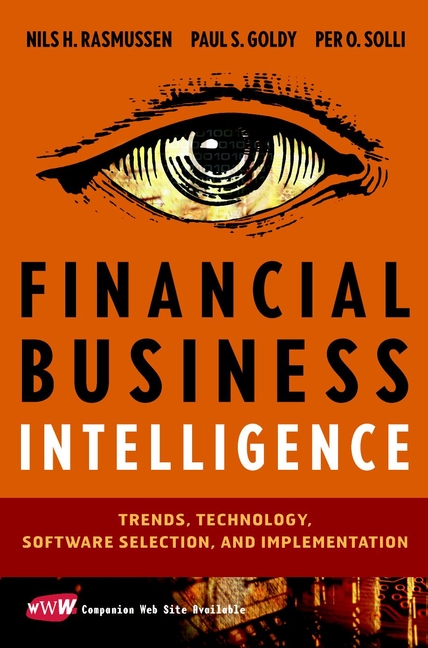
Financial Business Intelligence Turn storehouses of data into a strategic tool Business intelligence has recently become a word used by almost every CFO, controller, and analyst. After having spent the last decade implementing Enterprise Resource Planning software and other mission critical solutions, companies now have large databases with transactional data sitting in their computer rooms. Now, finally, the technology has reached a point where it is possible- in almost real time-to quickly and easily analyze the financial data in the corporate databases, to be able to make more intelligent business decisions. This book will help financial managers understand the trends, technology, software selection, and implementation of financial business intelligence (financial BI) software. With a dictionary of business intelligence terms, a comprehensive list of Request for Proposal questions, and examples of popular financial business intelligence reroutes and user interfaces, this book enables managers to measure their companies' business intelligence and maximize its value. BUSINESS & ECONOMICS,Accounting,Managerial
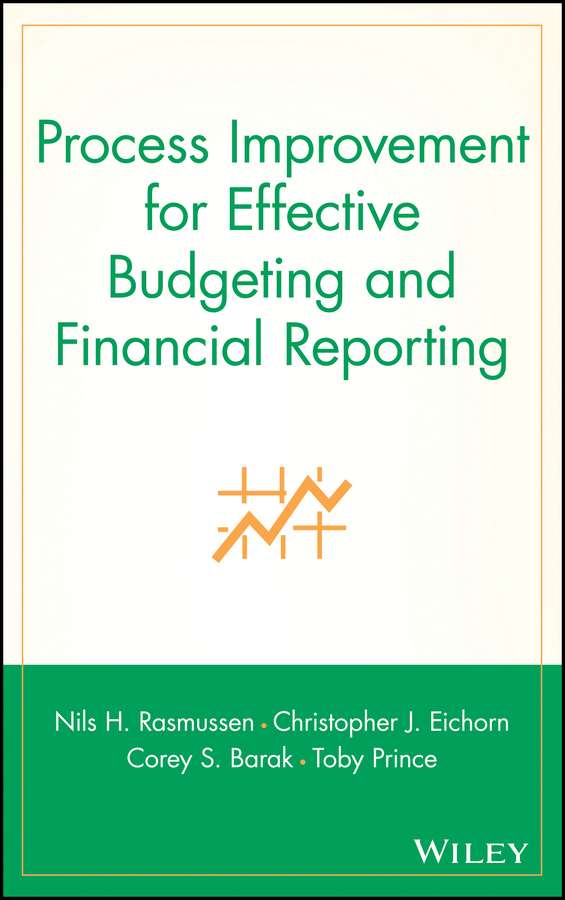
Process Improvement for Effective Budgeting and Financial Reporting "The budget and financial reporting processes are well known sources of frustration for most CFOs. Seeking a quick fix to the problem, the common solution is to pour more money into new and better software. This leaves the root cause, the inefficient and dysfunctional underlying processes and routines, unaddressed. As this book shows, substantial and sustainable improvements are only achieved through an holistic approach to process improvement, technology, strategy, and people." —Tom Henry Knudsen, Executive Vice President, Telenor Eiendom Fornebu AS, Proven methods for improving efficiency Corporations face a high turnover among financial managers, rapid changes in technology, lack of time and process redesign skills, and ongoing ambiguity about primary objectives behind the budgeting and financial reporting processes. Amid this frenzy, it is the fundamental efficiency of these processes that dramatically impact overall business performance. Process Improvement for Effective Budgeting and Financial Reporting provides financial managers with a compelling blueprint for increasing efficiency and eliminating waste of time and energy. Four operational experts lay out an 80/20 plan-improving 80% of processes in 20% of the time it would take to improve 100%-and explain a Business Process Improvement (BPI) plan that incorporates: The emerging trends affecting financial managers today Step-by-step process implementation Interviews with industry leaders, consultants, and managers who have successfully instituted BPI plans Appraisals of the available software that can help or hinder the process There is no substitute for improved efficiency. CFOs, controllers, budget managers, and financial analysts will significantly benefit from adding this authoritative guide to their professional libraries. BUSINESS & ECONOMICS,Accounting,Managerial
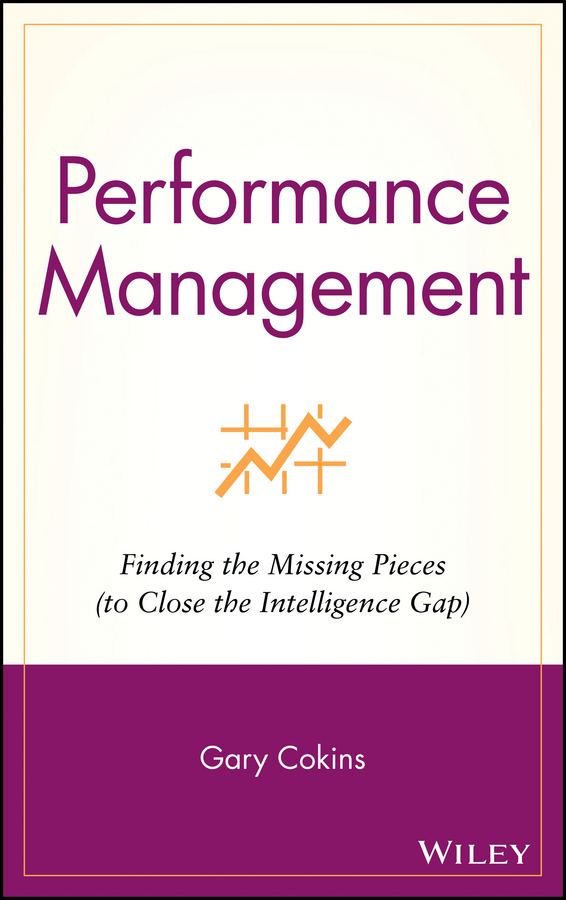
Performance Management Praise for Performance Management "We are witnessing a convergence among advanced management concepts and practices. Performance management is a means to pull it all together, to understand the strengths and limitations of each management practice and leverage it for competitive advantage. Cokins' book walks us through all this in a manner that makes something confusing much less so. There is no one right answer for any situation. The answer lies in a balance of concepts and the integration of them. Performance Management is the glue that holds them all together. This book helps the reader understand the breadth of PM. It's not just about measuring!" —John F. Morrow, CPA, AICPA Vice President, The New Finance "Gary Cokins has articulated the '411' of performance management. His combination of personal anecdotes with fundamental cost and performance management theories provides business leaders at all levels, in any industry or profession, a solid resource for practicing their work. This book is not only an invaluable resource for those new to performance management but provides guidance, wisdom, support, and insight to all industry leaders and managers. Cokins has organized and simplified the many complex performance management theories, associated tools, and infrastructure for the reader. Buy it, read it, and give it to your colleagues—then celebrate your successes!" —Sue Swertfeger, Senior Manager, Owens & Minor BUSINESS & ECONOMICS,Accounting,Managerial
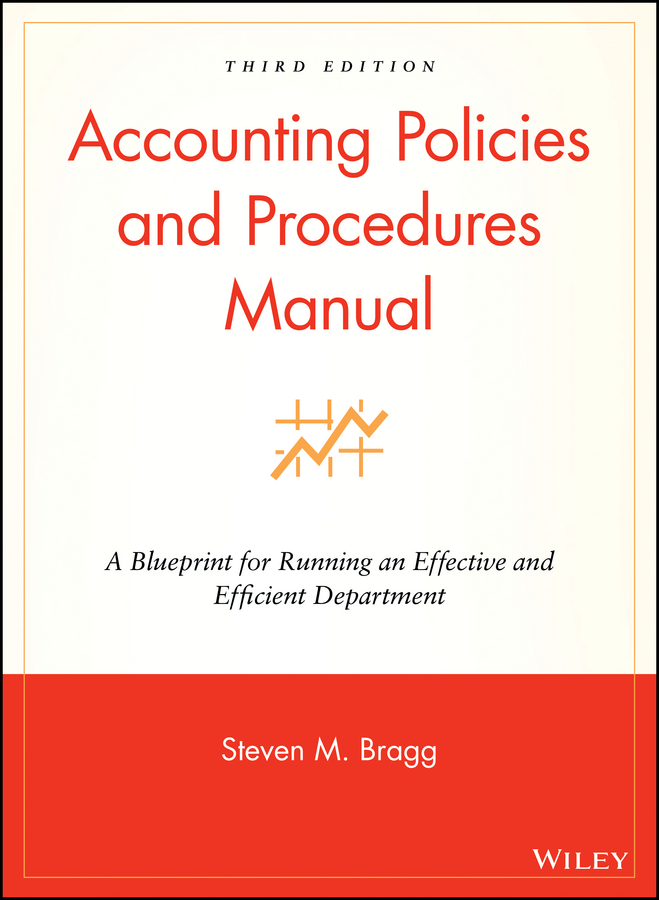
Accounting Policies and Procedures Manual Now in a fifth edition, Accounting Policies and Procedures Manual: A Blueprint for Running an Effective and Efficient Department is a how-to guide on creating an effective and efficient accounting department policies and procedures manual. Written by Steven Bragg, the foremost authority in accounting and controllership issues, the new edition includes: A new, complimentary Web site providing readers with the foundation for creating or enhancing their accounting department policies and procedures manual More coverage of accounting procedures including inventory, billing, cash receipts, pricing, order entry, credit, collections, sales returns, capital budgeting, cash forecasting, payroll, and closing the books Accounting Policies and Procedures Manual is the tool every accounting department needs to regularize and systematize its procedures to match the best in the industry. BUSINESS & ECONOMICS,Accounting,Managerial
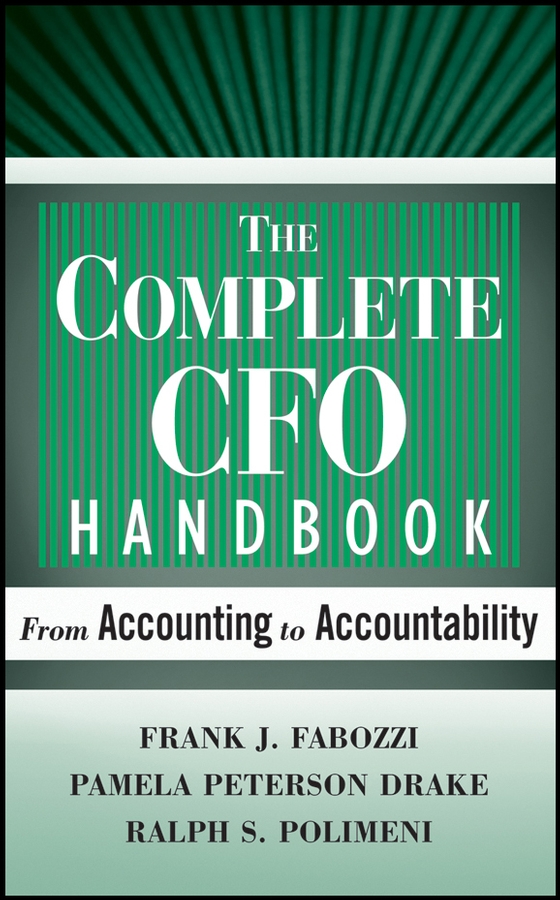
The Complete CFO Handbook This must-have reference covers all of the major areas of cost accounting and analysis including product costing, relevant costs, cost-volume analysis, performance evaluation, transfer pricing, and capital budgeting. Includes methods of reorganizing, classifying, allocating, aggregating, and reporting actual costs and comparing them with standard costs. Equips experienced cost accountants with a reference tool and students with a thorough textbook. Provides numerous examples, succinct language, chapter review, glossary, and appendices. Includes an abundance of exercises, many of which are based on exam questions from the CPA and CMA exams. BUSINESS & ECONOMICS,Accounting,Managerial

Strategic Tools for Social Entrepreneurs A complete set of tools for applying entrepreneurial strategies and techniques to your nonprofit As a follow-up to their book Enterprising Nonprofits, the authors of Strategic Tools for Social Entrepreneurs provide a full set of practical tools for putting the lessons of business entrepreneurship to work in your nonprofit. The book offers hands-on guidance that helps social sector leaders hone their entrepreneurial skills and carry out their social missions more effectively than ever before. This practical and easy-to-use book is filled with examples, exercises, checklists, and action steps that bring the concepts, frameworks, and tools to life. Detailed explanations of all the tools and techniques will help you personalize and apply them to your nonprofit organization-making it stronger, healthier, and better able to serve the needs of our communities. Praise for Strategic Tools for Social Entrepreneurs "I search constantly for resources that can help provide insight and guidance to take Teach For America to a higher level; Strategic Tools for Social Entrepreneurs does this and more. The book takes the best practices of for-profits and social enterprises and adapts them to the needs of entrepreneurial, mission-driven nonprofits. Strategic Tools for Social Entrepreneurs is a tremendous contribution to social entrepreneurs and to the nonprofit sector-many thanks to the authors for identifying this need and filling it!" -Wendy Kopp Founder and President, Teach For America All of the royalties from this book will be used by the Ewing Marion Kauffman Foundation to support continuing work on social entrepreneurship. BUSINESS & ECONOMICS,Accounting,Managerial
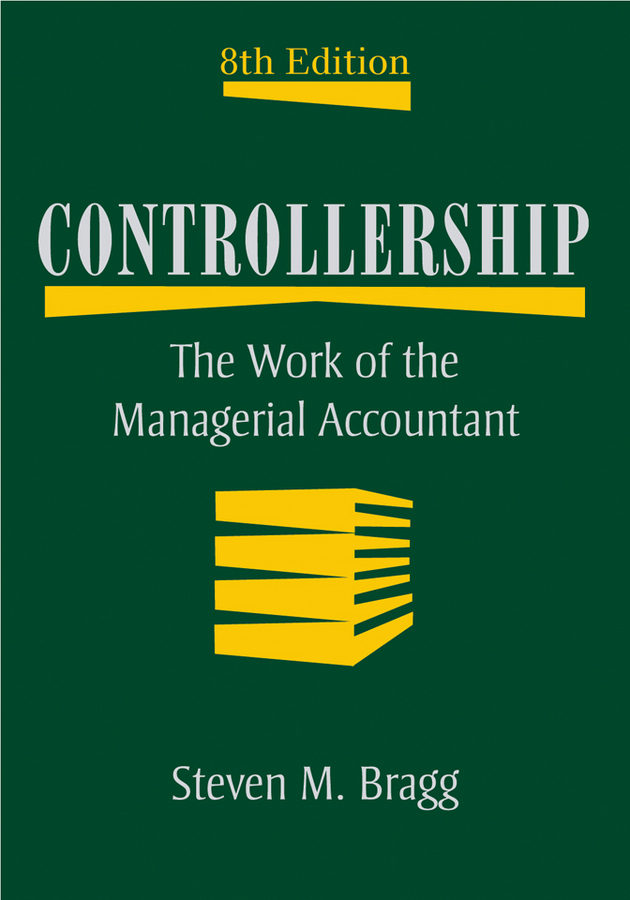
Controllership Today's controllers are no longer seen as technicians who process transactions; they are now seen as business executives with a wide-ranging knowledge of total business operations, best practices, and corporate strategy. Providing a comprehensive overview of the roles and responsibilities of controllers in today's environment, this Eighth Edition of Controllership continues to provide controllers and vice presidents of finance with all aspects of management accounting from the controller's perspective, including internal control, profit planning, cost control, inventory, and financial disclosure. BUSINESS & ECONOMICS,Accounting,Managerial
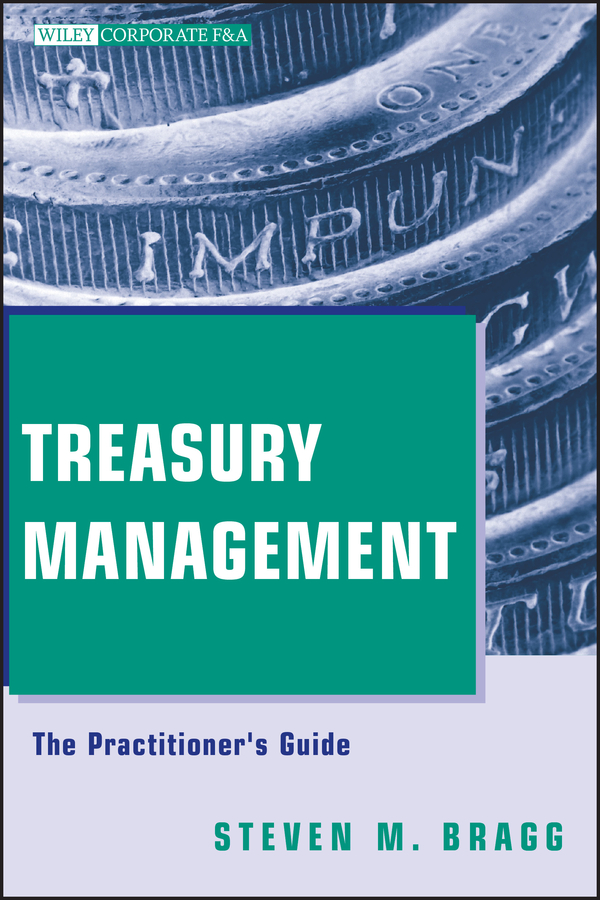
Treasury Management TREASURY MANAGEMENT The Practitioner's Guide Treasury Management: The Practitioner's Guide describes all aspects of the treasury function. This comprehensive book includes chapters covering the treasury department, cash transfer methods, cash forecasting, cash concentration, working capital management, debt management, equity management, investment management, foreign exchange risk management, interest risk management, clearing and settlement systems, and treasury systems. If you are a treasurer, CFO, cash manager, or controller, Treasury Management: The Practitioner's Guide allows you to quickly grasp the real world of treasury management and the many practical and strategic issues faced by treasurers and financial professionals today. BUSINESS & ECONOMICS,Accounting,Managerial
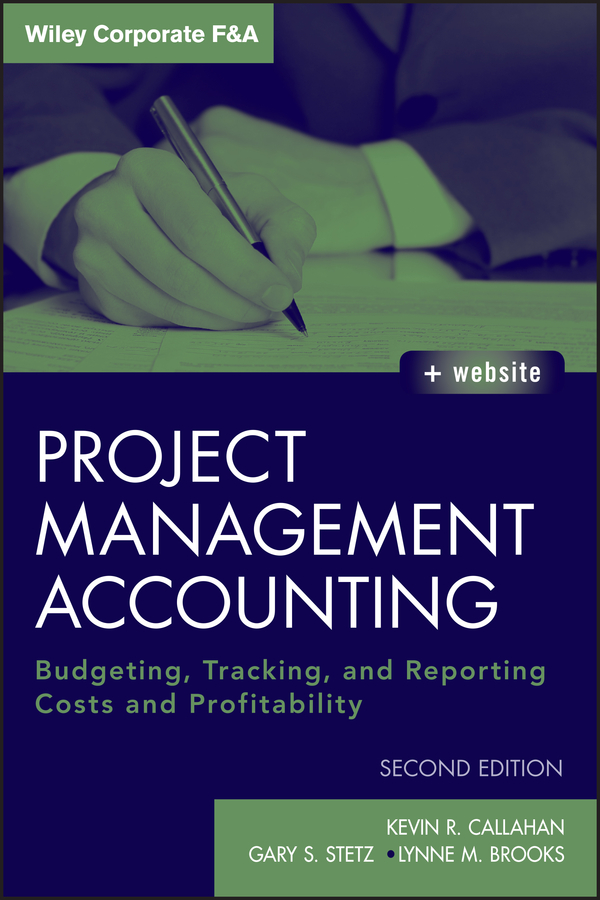
Project Management Accounting PROJECT MANAGEMENT ACCOUNTING Budgeting, Tracking, and Reporting Costs and Profitability SECOND EDITION Over the past few decades, Project Management has shifted from its roots in construction and defense into mainstream American business. However, many project managers' areas of expertise lie outside the perimeters of business, and most do not have the formal education in business, accounting, or finance required to take their skills to the next level. In order to succeed, today's project managers (PMs) who wish to soar to the top or remain at the helm of their profession need to have a comprehensive grasp of the business context within which they work. Providing a resourceful introduction to the interrelationships between finance, accounting, and Project Management, Project Management Accounting, Second Edition is designed to help PMs at various skill levels improve their business skills, provide advanced contributions to their organizations, and perform with greater proficiency. Authors and industry experts Kevin Callahan, Gary Stetz, and Lynne Brooks combine their decades of Project Management experience and insights to provide professionals in the field with a 360-degree understanding of how costs interact with the general ledger. Through the authors' seasoned expertise, PMs are better equipped to assess all facets of a project with a broader understanding of the "big picture" to determine whether to continue as planned, find an alternative solution, or scrap the project altogether. Rich with new content as well as many new case studies, this Second Edition of Project Management Accounting includes: Updated information on Project Management and its link to Project Accounting A new chapter on assessing risk when managing projects How to determine the greatest tax/cost savings Project Management in relation to a company's mission, objectives, and strategy Project Management in an agile business Coverage of agile Project Management as applied to software and technical projects New, updated, and timely case studies Sample checklists to help readers get started and apply concepts to their business Project managers must make vital decisions every day that impact the schedule, costs, or resources committed to a given project. Project Management Accounting, Second Edition, provides the tools and skills to help PMs establish with greater certainty whether these costs should be capitalized or expensed to stay on budget and improve a company's bottom line. BUSINESS & ECONOMICS,Accounting,Managerial
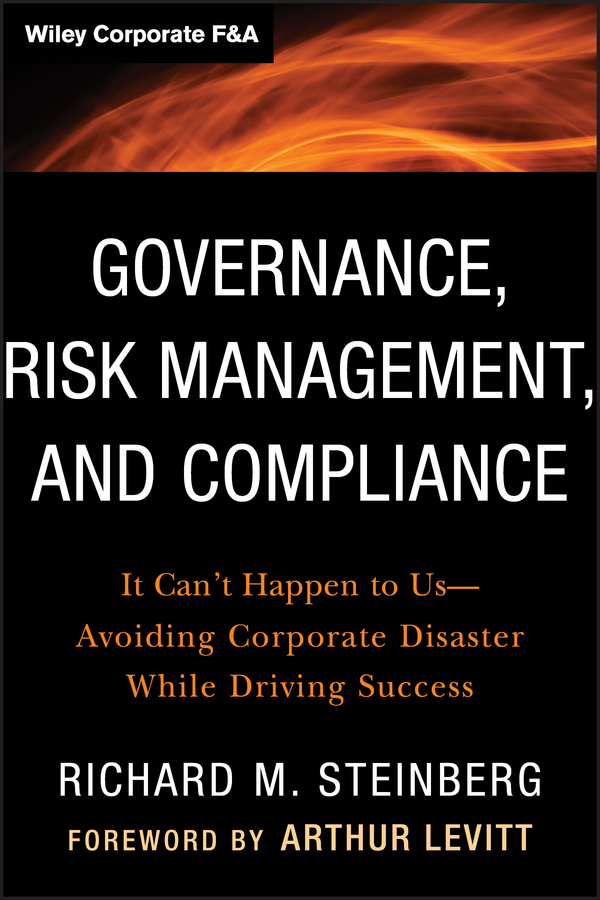
Governance, Risk Management, and Compliance An expert's insider secrets to how successful CEOs and directors shape, lead, and oversee their organizations to achieve corporate goals Governance, Risk Management, and Compliance shows senior executives and board members how to ensure that their companies incorporate the necessary processes, organization, and technology to accomplish strategic goals. Examining how and why some major companies failed while others continue to grow and prosper, author and internationally recognized expert Richard Steinberg reveals how to cultivate a culture, leadership process and infrastructure toward achieving business objectives and related growth, profit, and return goals. Explains critical factors that make compliance and ethics programs and risk management processes really work Explores the board's role in overseeing corporate strategy, risk management, CEO compensation, succession planning, crisis planning, performance measures, board composition, and shareholder communications Highlights for CEOs, senior management teams, and board members the pitfalls to avoid and what must go right for success Outlines the future of corporate governance and what's needed for continued effectiveness Written by well-known corporate governance and risk management expert Richard Steinberg Governance, Risk Management, and Compliance lays a sound foundation and provides critical insights for understanding the role of governance, risk management, and compliance and its successful implementation in today's business environment. BUSINESS & ECONOMICS,Accounting,Managerial
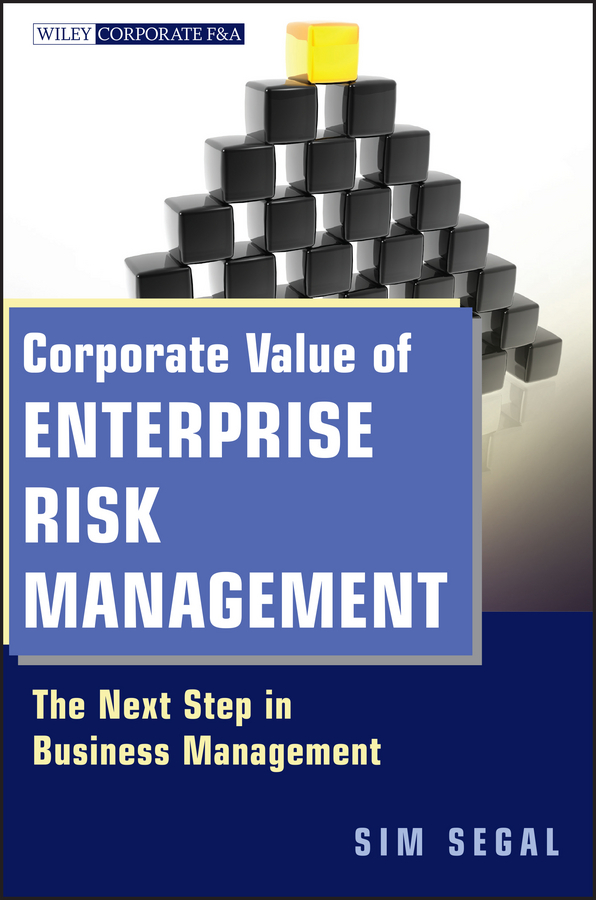
Corporate Value of Enterprise Risk Management The ultimate guide to maximizing shareholder value through ERM The first book to introduce an emerging approach synthesizing ERM and value-based management, Corporate Value of Enterprise Risk Management clarifies ERM as a strategic business management approach that enhances strategic planning and other decision-making processes. A hot topic in the wake of a series of corporate scandals as well as the financial crisis Looks at ERM as a way to deliver on the promise of balancing risk and return A practical guide for corporate Chief Risk Officers (CROs) and other business professionals seeking to successfully implement ERM ERM is here to stay. Sharing his unique insights and experiences as a recognized global thought leader in this field, author Sim Segal offers world-class guidance on how your business can successfully implement ERM to protect and increase shareholder value. BUSINESS & ECONOMICS,Accounting,Managerial
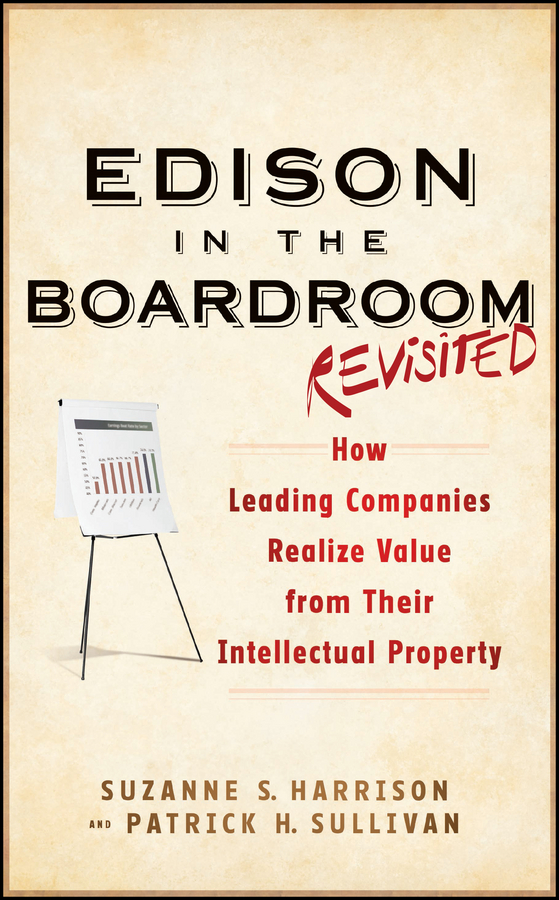
Edison in the Boardroom Revisited A revised and expanded edition of the groundbreaking Edison in the Boardroom, highlighting the winning strategies today's biggest companies use to maximize the value of their intellectual property Now fully revised and expanded, Edison in the Boardroom, Second Edition takes an in-depth look at the revolutionary concept of intellectual asset management (IAM). Incorporating stories and teachings from some of the most successful companies in the world—such as Hewlett-Packard, IBM, Procter & Gamble, Rockwell, Dow, Ford and many others—Harrison and Sullivan have made an exhaustive study of IAM and its implications for today's businesses. Features updated interviews of companies, and a new treatment of the Profit Center Level Updates stories and teachings from some of the most successful companies in the world Showcases a hierarchy of best practices that today's companies can integrate into their own business philosophies to gain the best return from their intellectual assets Edison in the Boardroom, Second Edition compiles a wealth of knowledge and successful stories that illustrate how far businesses have come in their ability to leverage and monetize their intellectual assets. BUSINESS & ECONOMICS,Accounting,Managerial
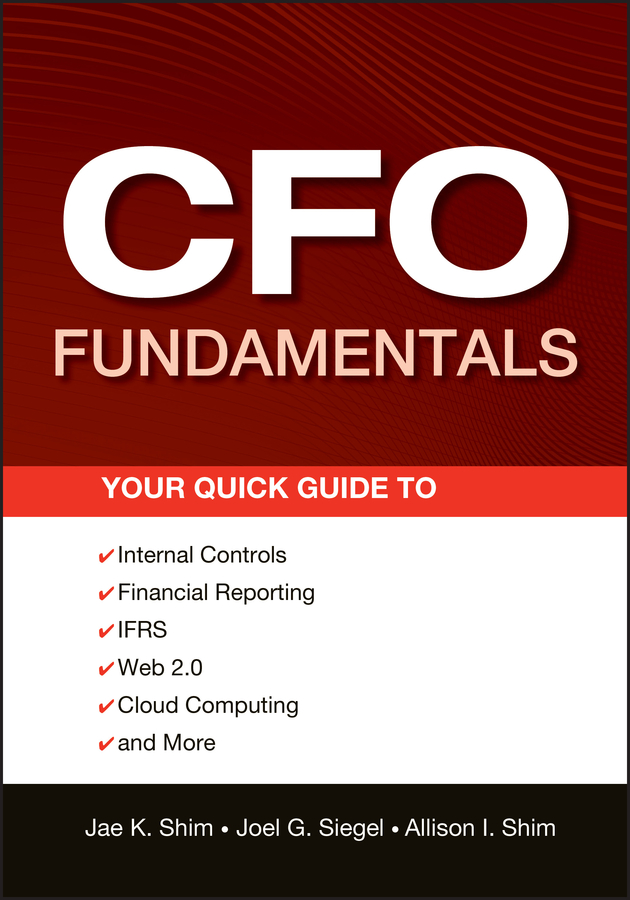
CFO Fundamentals The thorough reference that goes wherever you go The Complete CFO Reference is the perfect up-to-date reference tool for today's busy CFO, controller, treasurer, and other finance professionals. Written in an easy format and packed with checklists, samples, and worked-out solutions for a wide variety of accounting and finance problems, readers can take this handy reference wherever they go-on a business trip, visiting a client, conducting a conference call, or attending a meeting. Covers all major developments in finance and accounting every CFO needs to know about including IFRS, Web-based planning, and ranging from financial reporting and internal control to financial decision making for shareholder value maximization Includes tables, forms, checklists, questionnaires, practical tips, and sample reports Incorporates Accounting Standards Codification (ASC) throughout the book, as well as coverage of International Financial Reporting Standards (IFRS) and its impact on financial reporting, XBRL reporting, risk management and disaster recovery, Web-based planning and budgeting, Web 2.0, cloud computing, and environmental costing Simplifying day-to-day work in dozens of critical areas, The Complete CFO Reference is the perfect up-to-date reference tool for today's busy chief financial officer (CFO), controller, treasurer, financial director, budgeting director, and other financial professionals in public practice and private industry. BUSINESS & ECONOMICS,Accounting,Managerial

The Essential Controller Quick-reference guidance showing new controllers how to enhance performance while avoiding pitfalls Designed to give new controllers a firm foundation in the concepts of managing the accounting department, locating GAAP information, and analyzing and knowing what to do with key accounting information, The Essential Controller, Second Edition is the invaluable primer you can turn to for the foundation you need to succeed. Whether your business is large, small, or medium-sized, this volume provides a complete overview of the controller's responsibilities and the role that today's controllers should be playing. Offers new coverage of finance strategy Updates taxation strategy Includes a new controller checklist Quick reference guide that controllers can turn to Also by Steven M. Bragg: The Controller's Function: The Work of the Managerial Accountant, Fourth Edition The Essential Controller, Second Edition is the go-to handbook that you will use every day for dealing with the everyday issues facing today's controllers. BUSINESS & ECONOMICS,Accounting,Managerial
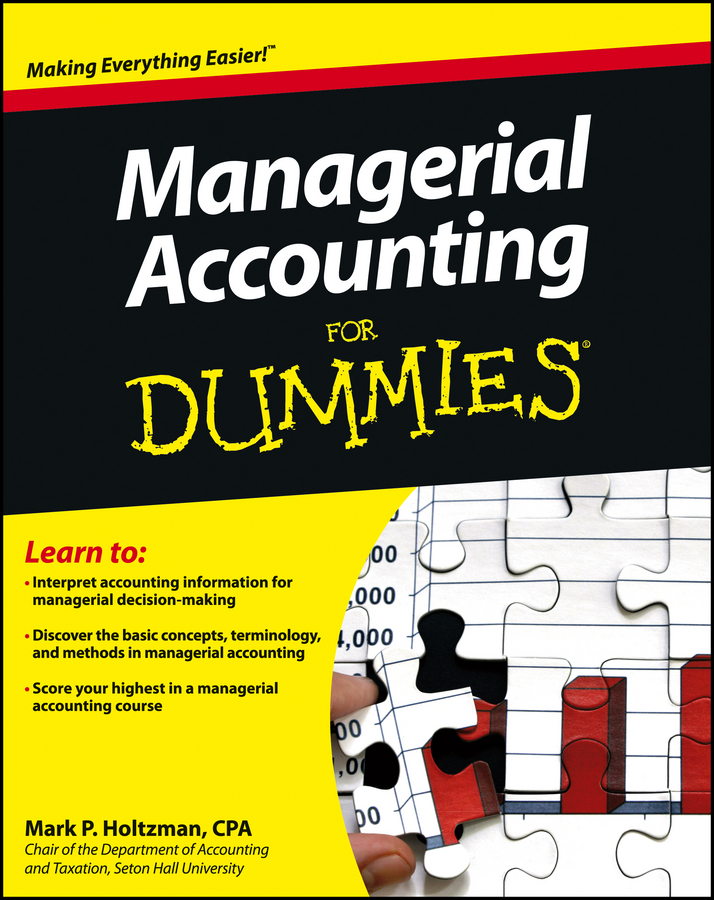
Managerial Accounting For Dummies The easy way to master a managerial accounting course Are you enrolled in a managerial accounting class and finding yourself struggling? Fear not! Managerial Accounting For Dummies is the go-to study guide to help you easily master the concepts of this challenging course. You'll discover the basic concepts, terminology, and methods to identify, measure, analyze, interpret, and communicate information in the pursuit of an organization's goals. Tracking to a typical managerial accounting course and packed with easy-to-understand explanations and real-life examples, Managerial Accounting For Dummies explores cost behavior, cost analysis, profit planning and control measures, accounting for decentralized operations, capital budgeting decisions, ethical challenges in managerial accounting, and much more. Covers the key concepts and tools needed to communicate accounting information for managerial decision-making within an organization Plain-English explanations of managerial accounting terminology and methods Tracks to a typical college-level managerial accounting course Managerial Accounting For Dummies makes it fast and easy to grasp the concepts needed to score your highest in a managerial accounting course. BUSINESS & ECONOMICS,Accounting,Managerial
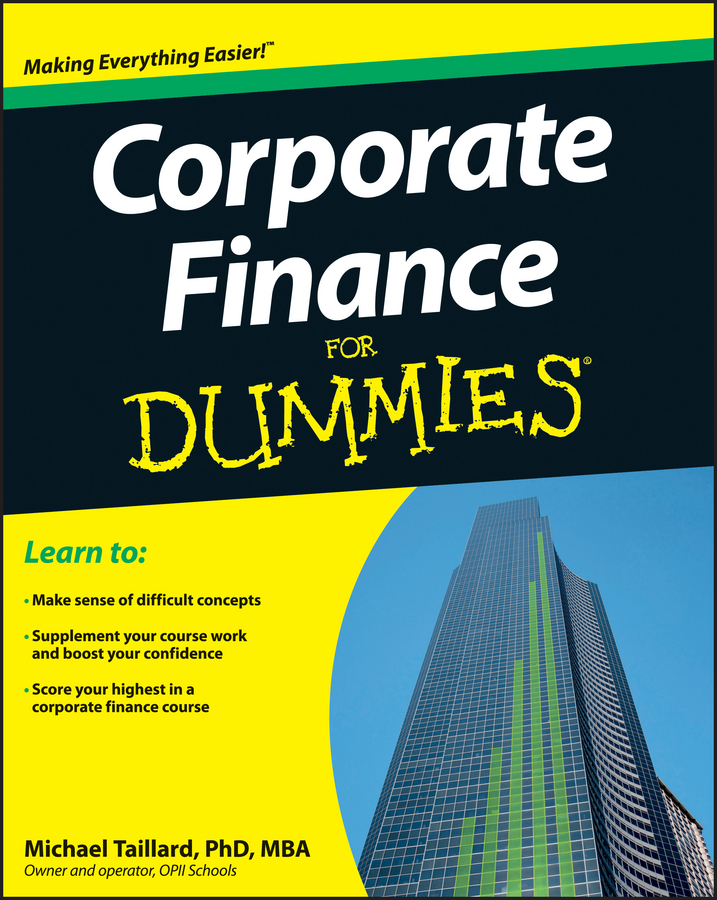
Corporate Finance For Dummies Score your highest in corporate finance The math, formulas, and problems associated with corporate finance can be daunting to the uninitiated. Corporate Finance For Dummies introduces you to the practices of determining an operating budget, calculating future cash flow, and scenario analysis in a friendly, un-intimidating way that makes comprehension easy. Corporate Finance For Dummies covers everything you'll encounter in a course on corporate finance, including accounting statements, cash flow, raising and managing capital, choosing investments; managing risk; determining dividends; mergers and acquisitions; and valuation. Serves as an excellent resource to supplement coursework related to corporate finance Gives you the tools and advice you need to understand corporate finance principles and strategies Provides information on the risks and rewards associated with corporate finance and lending With easy-to-understand explanations and examples, Corporate Finance For Dummies is a helpful study guide to accompany your coursework, explaining the tough stuff in a way you can understand. BUSINESS & ECONOMICS,Accounting,Managerial
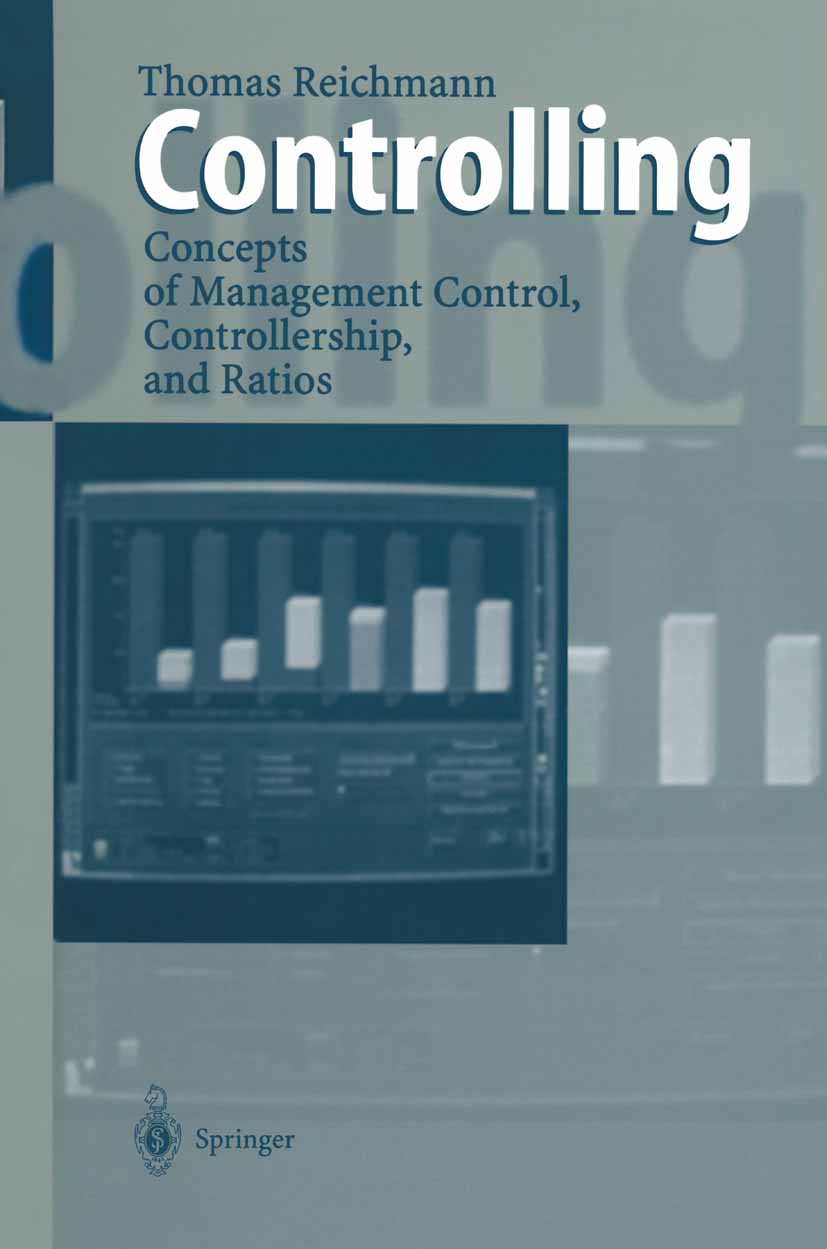
Controlling In times of globalization, competition and economic and technological progress, the permanent improvement of the planning, coordination and control system of companies is a major task of Controlling. This book presents a concise concept for the design of a ratio and management report system for each functional part of the company. It addresses as well practitioners who seek decision support in their day-to-day business, as scientists and students who want to obtain information about the state of the art of Management Control and Controllership. BUSINESS & ECONOMICS,Accounting,Managerial

Effective Management Control Effective Management Control deals with a critical but relatively neglected and misunderstood aspect of organizational effectiveness: the process of controlling the behavior of people in organizations. The issue of organizational control and the design of an optimal control system is essential for the long term effectiveness of an organization: too little control can lead to confusion and chaos; conversely, too great a degree of control can result in the erosion of innovation and entrepreneurship. This monograph presents a conceptual framework for approaching these issues, and examines the role accounting can play in a successful control system. The author works towards an understanding of the nature, role, elements and functioning of organizational control and control systems in organizations. The book posits and discusses the features of a core control system and its component parts, including: planning, measurement and feedback, evaluation and reward sub-systems. It also discusses the ways in which a core control system operates within a larger organizational structure and culture. The theory is illustrated through its application to a particular case study. BUSINESS & ECONOMICS,Accounting,Managerial
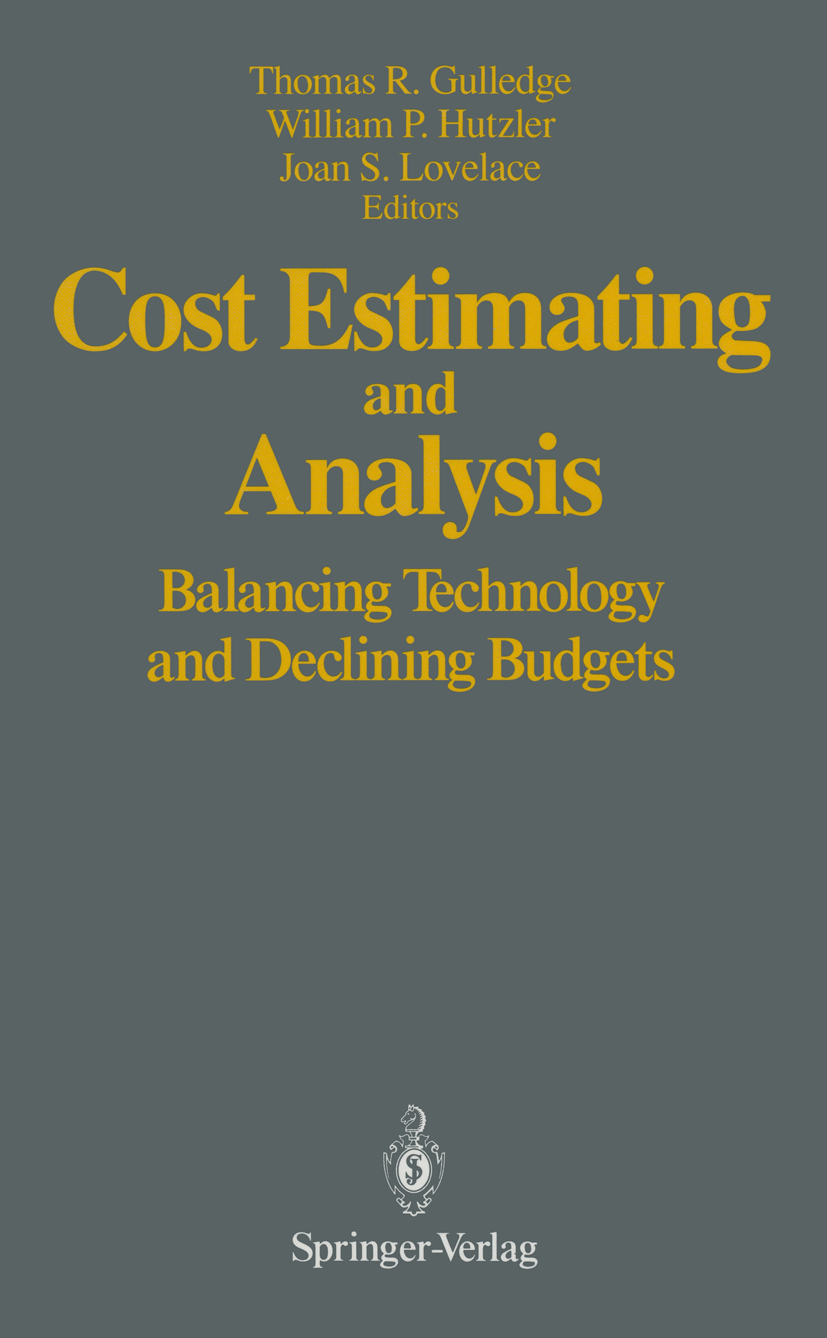
Cost Estimating and Analysis Cost analysis and estimating is a vital part of the running of all organizations, both commercial and government. This volume comprises the proceedings of the 1992 conference of the Society for Cost Estimating and Analysis. Individual chapters are written by experts in their respective fields. Consequently, the volume as a whole provides an invaluable and up-to-date survey of the field. BUSINESS & ECONOMICS,Accounting,Managerial
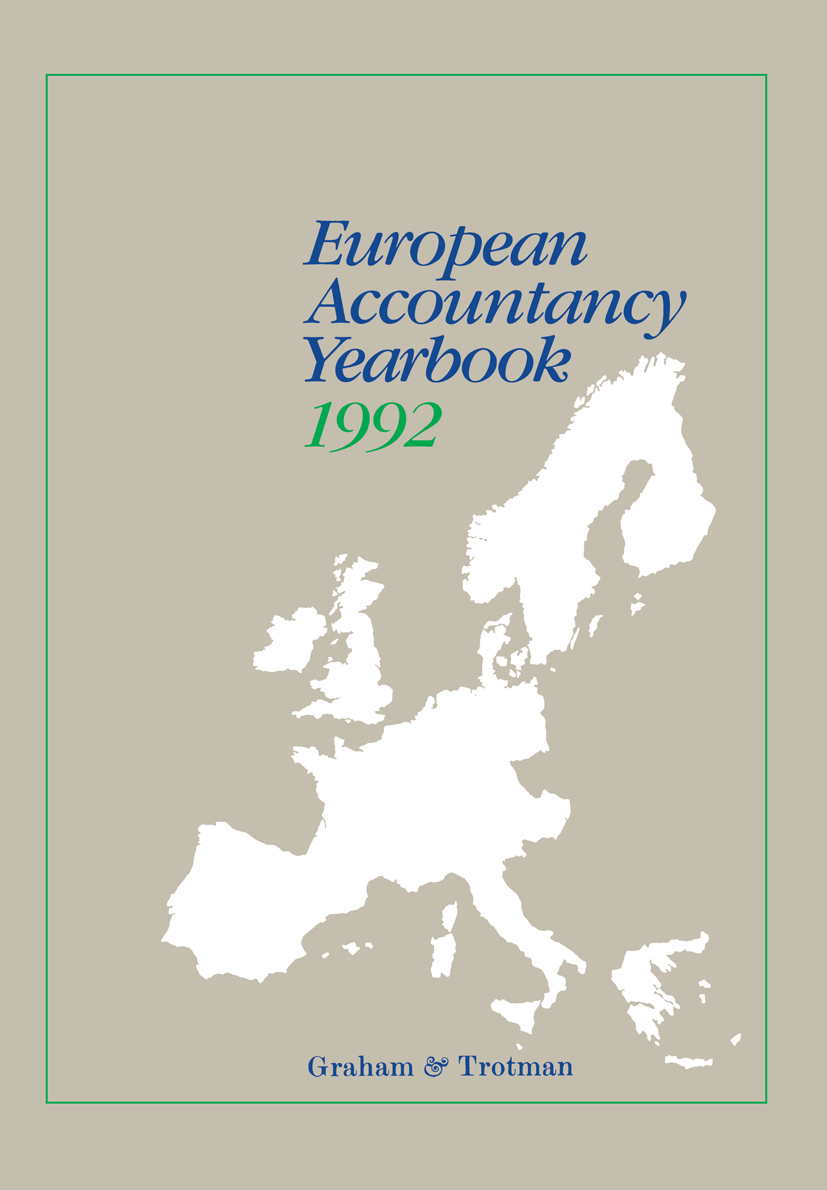
European Accountancy Yearbook 1992/93 European Accountancy Yearbook is the first annual reference work to focus on the emerging Pan-European accounting scene. Following numerous international mergers and syndicate formations large accountancy firms are competing to provide services to international corporations and businesses with cross-border trade. The Yearbook provides a one-stop reference source allowing financial directors of these companies to find out which accountancy firms are providing what services and where. It will also provide great assistance to other accountancy and financial services organisations to evaluate the state of the fast growing European market, and to assess competitors or possible partners. The Yearbook includes profiles of all the major firms showing the international coverage, their services offered, fee income, partners, branch offices, etc. In addition the Yearbook includes invaluable reference data such as country by country accountancy scene overview, corporate tax rates, E.C. directives, etc. BUSINESS & ECONOMICS,Accounting,Managerial
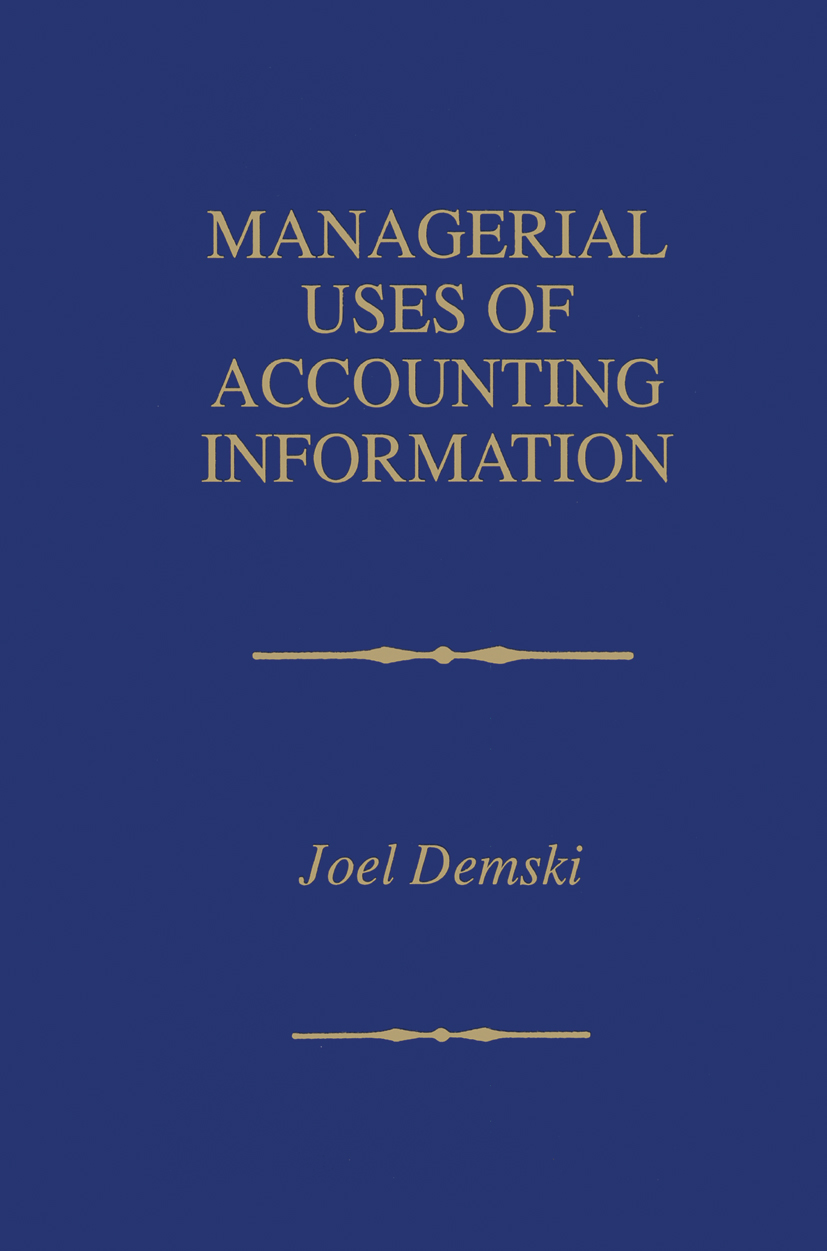
Managerial Uses of Accounting Information This book is an invitation to study managerial uses of accounting infonnation. Three themes run throughout. First, the accounting system is profitably thought of as a library of financial statistics. Answers to a variety of questions are unlikely to be found in prefabricated fonnat, but valuable infonnation awaits those equipped to in the accounting library is most interrogate the library. Second, the infonnation unlikely to be the only infonnation at the manger's disposal. So knowing how to combine accounting and nonaccounting bits of infonnation is an important, indeed indispensable, managerial skill. Finally, the role of a professional manager is emphasized. This is an individual with skill, talent, and imagination, an individual who brings professional quality skills to the ta sk of managing. This book also makes demands on the reader. It assumes the reader has had prior exposure to financial accounting, economics, statistics, and the economics of uncertainty (in the fonn of risk aversion and decision trees). A modest acquaintance with strategic, or equilibrium, modeling is also presumed, as is patience with abstract notation. The hook does not make deep mathematical demands on the reader. An acquaintance with linearprogramming and the ability to take a simple derivative are presumed. The major prerequisite is a tolerance for (if not a predisposition toward) abstract notation. This st yle and list of prerequisites are not matters of taste or author imposition. BUSINESS & ECONOMICS,Accounting,Managerial
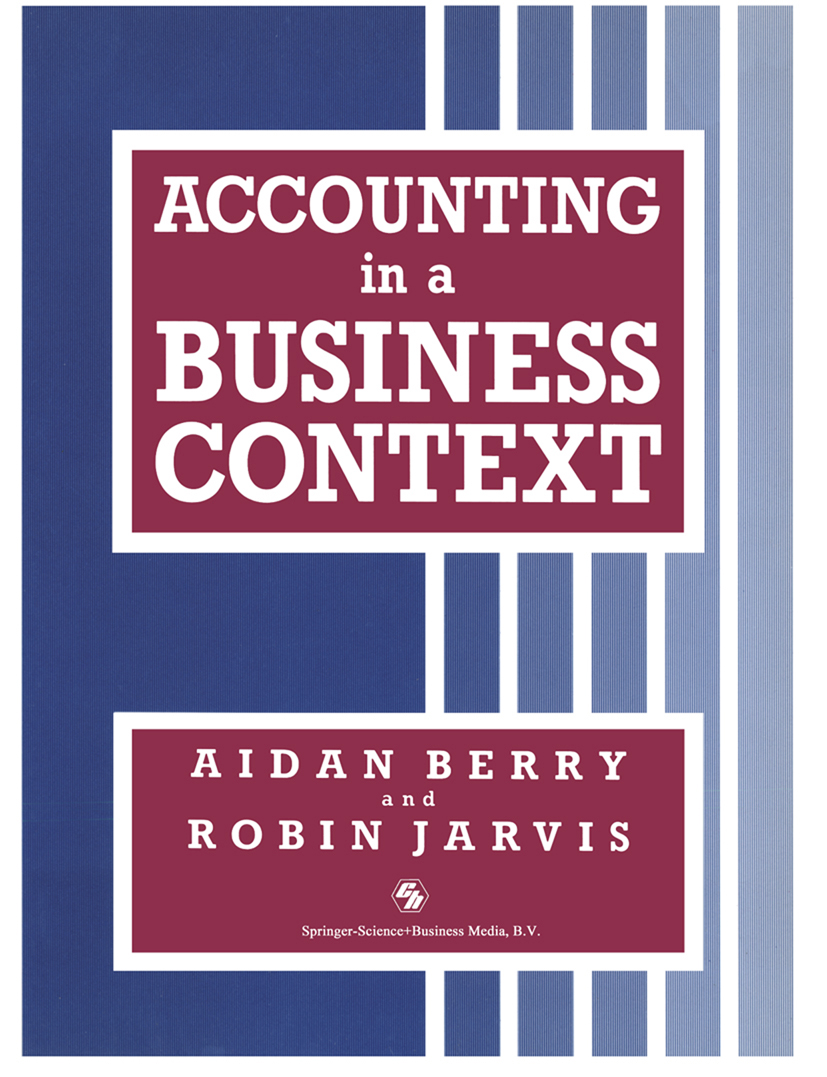
Accounting in a Business Context BUSINESS & ECONOMICS,Accounting,Managerial
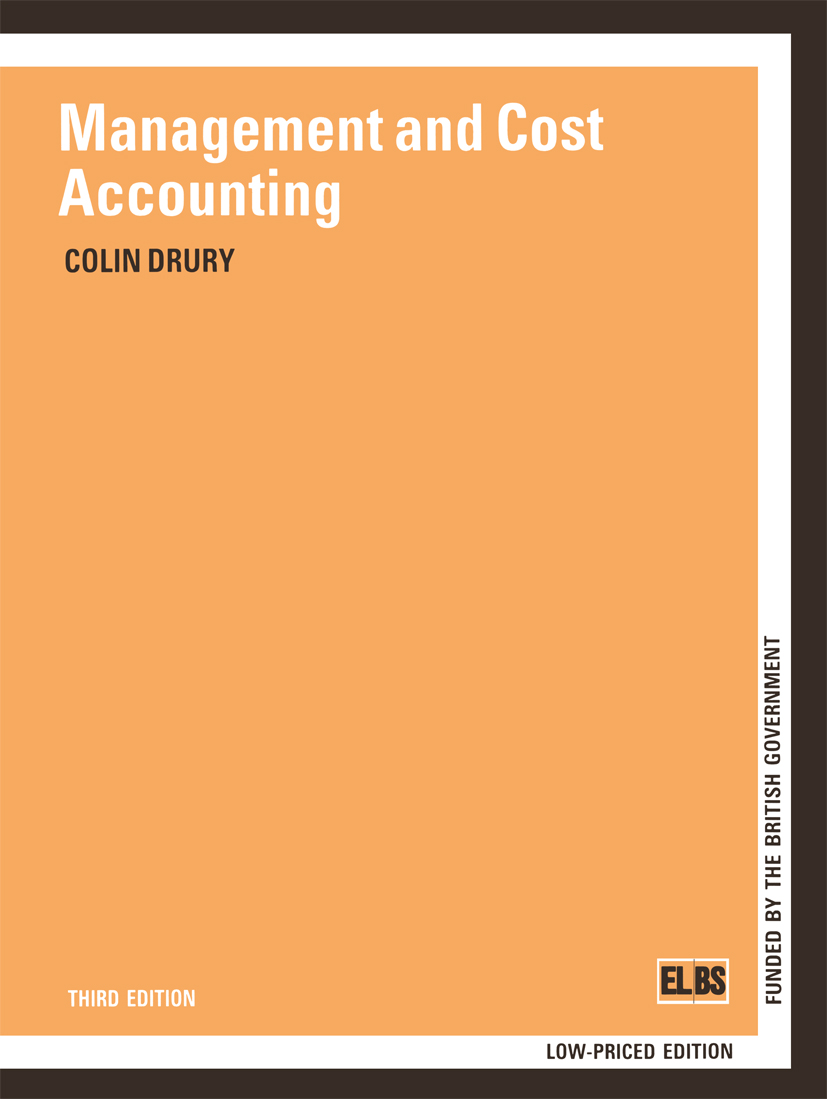
MANAGEMENT AND COST ACCOUNTING BUSINESS & ECONOMICS,Accounting,Managerial
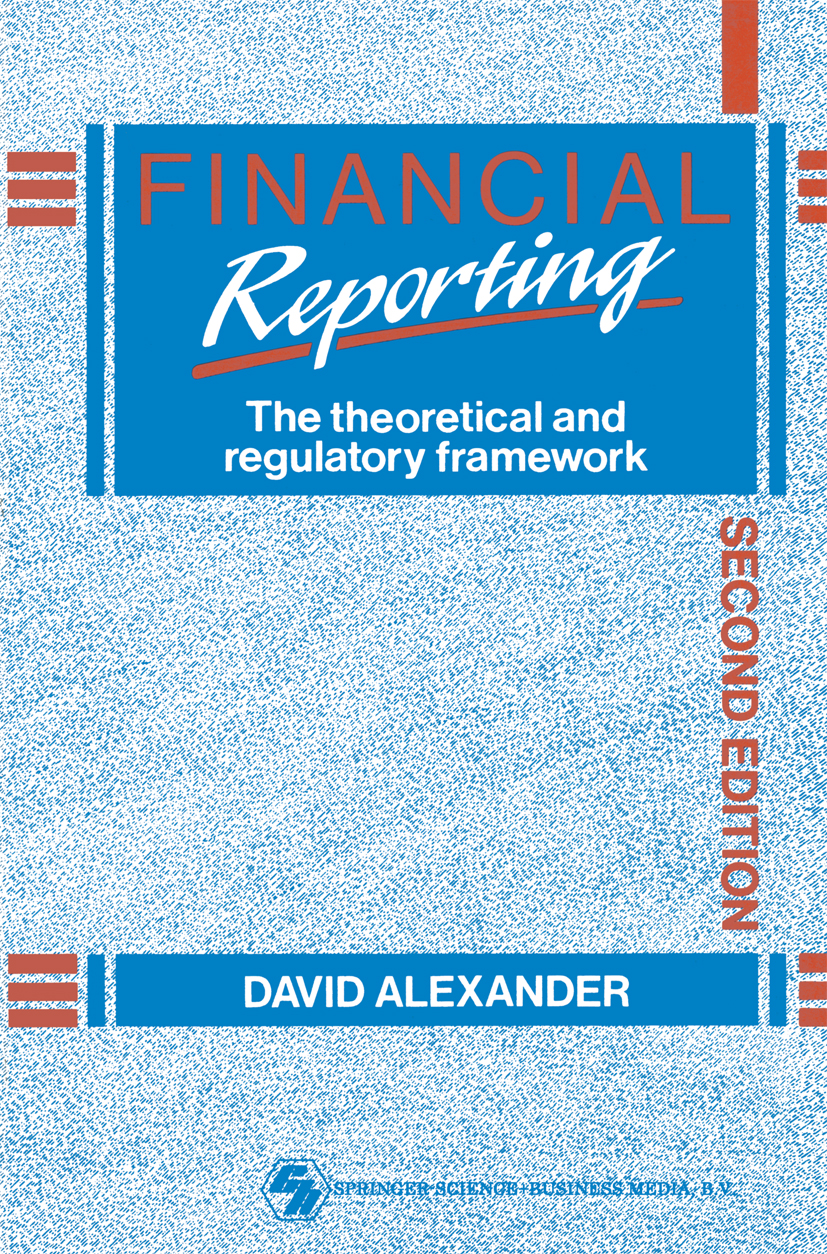
Financial Reporting BUSINESS & ECONOMICS,Accounting,Managerial
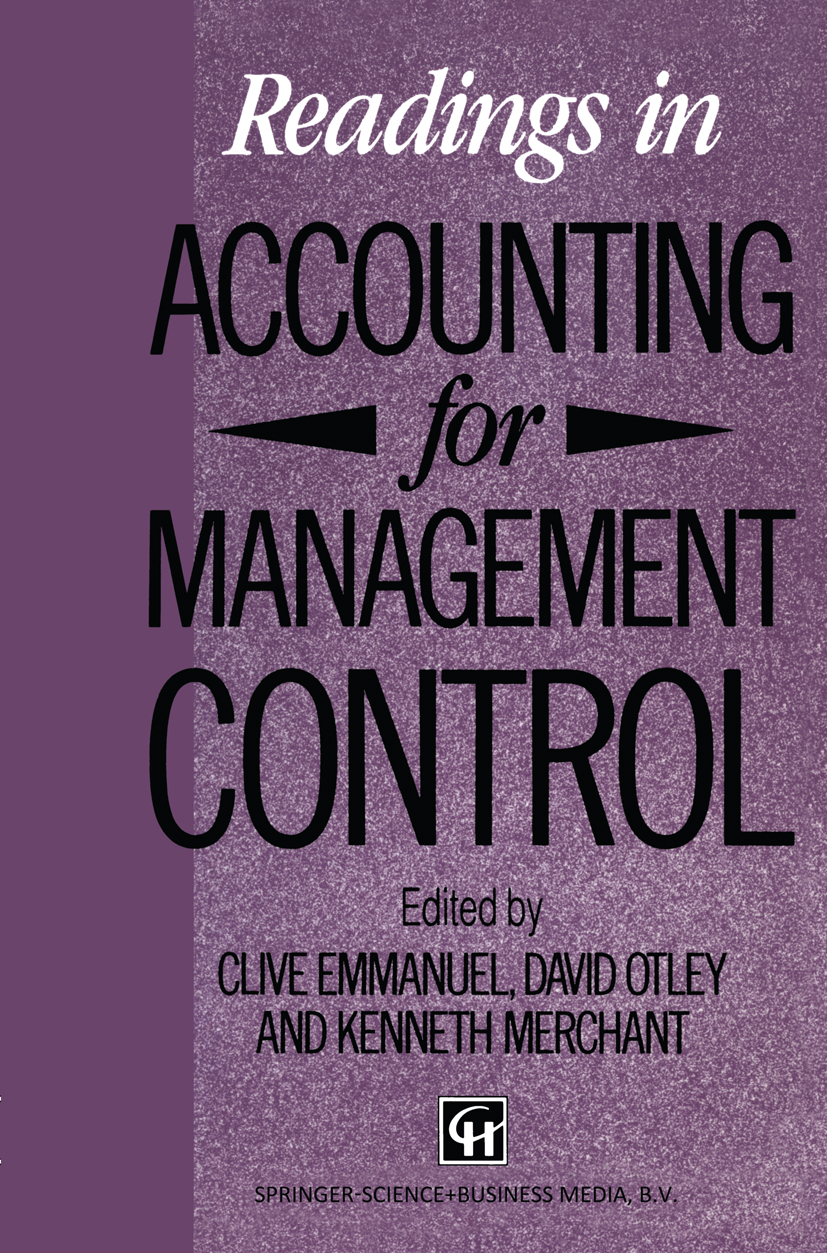
Readings in Accounting for Management Control BUSINESS & ECONOMICS,Accounting,Managerial
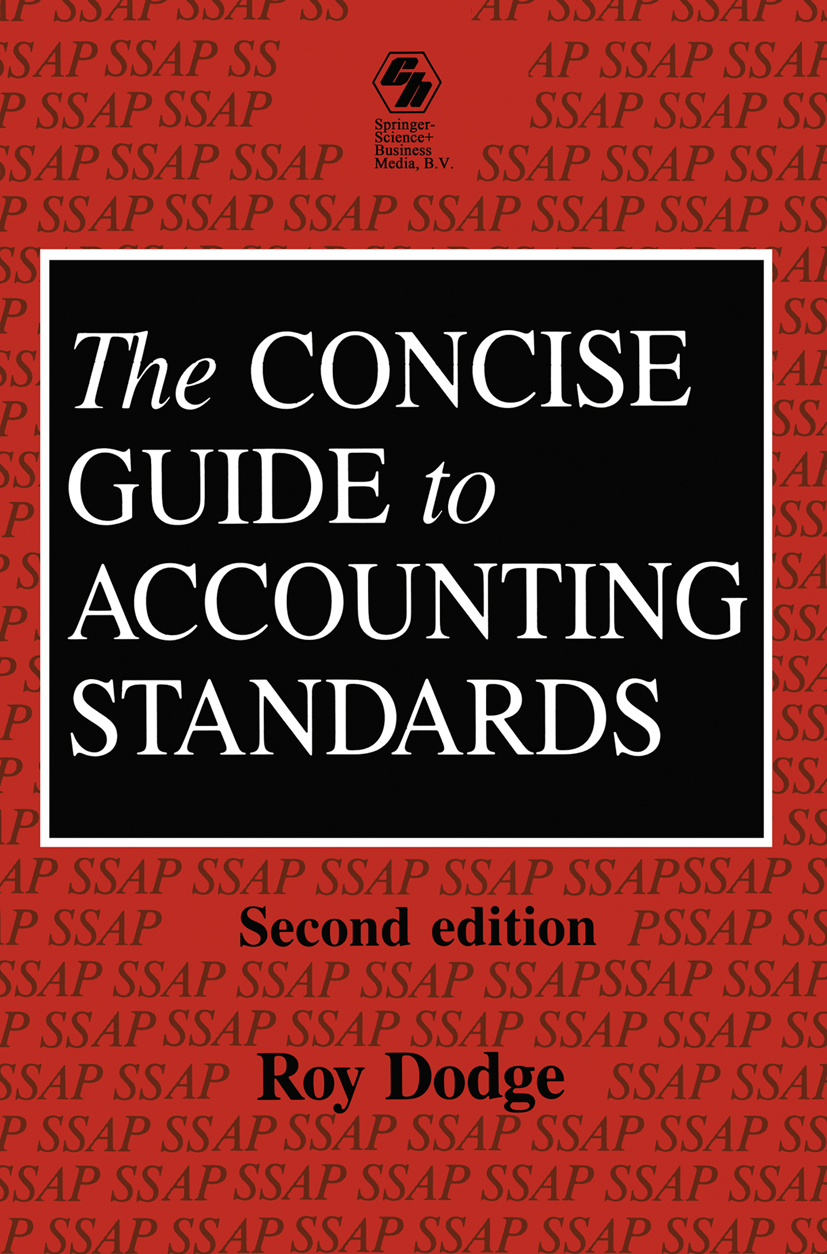
The Concise Guide to Accounting Standards BUSINESS & ECONOMICS,Accounting,Managerial
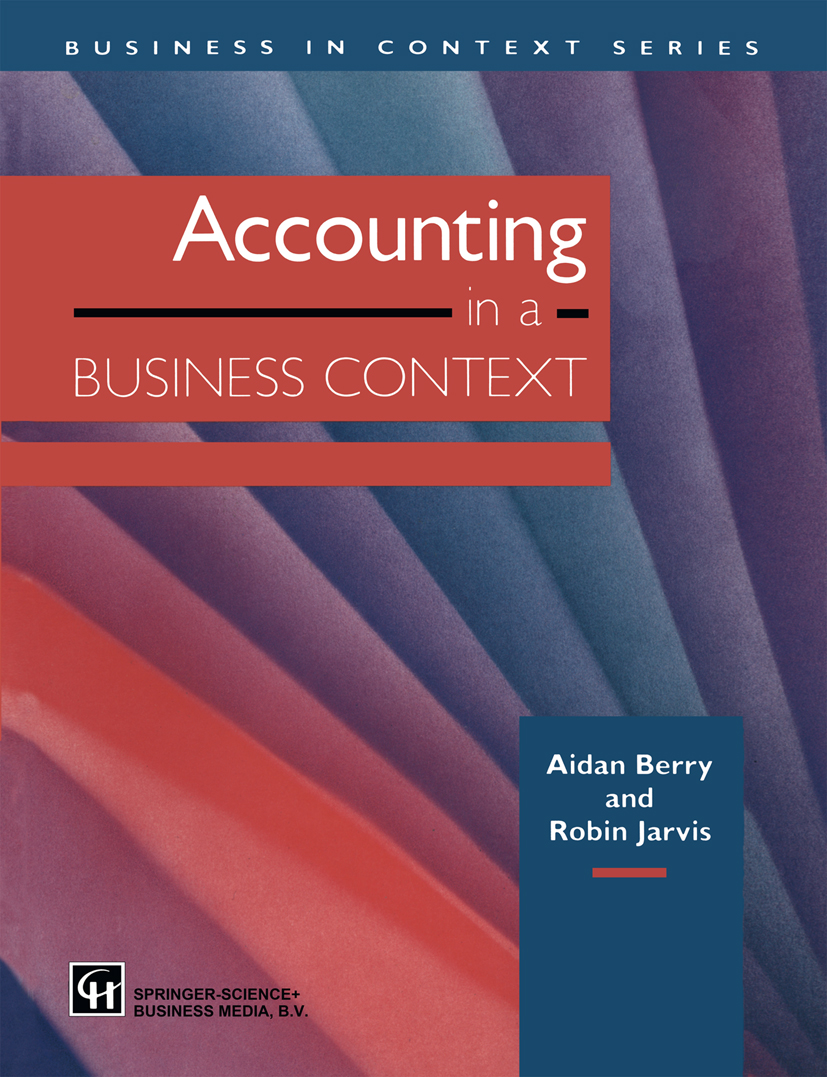
Accounting in a Business Context BUSINESS & ECONOMICS,Accounting,Managerial
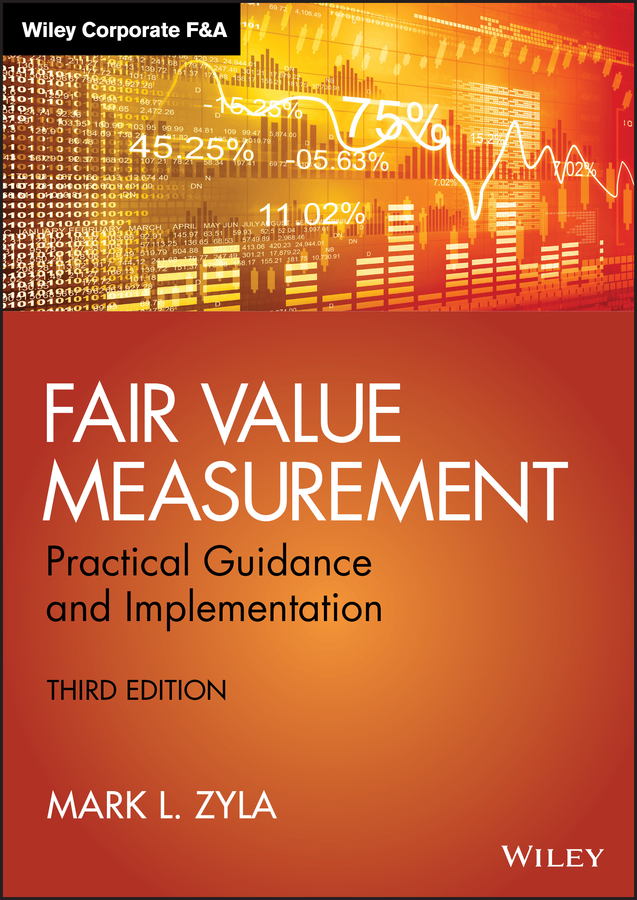
Fair Value Measurement Get up to date on the latest FASB, SEC, and AICPA guidelines and best practices Fair Value Measurement provides hands-on guidance and the latest best practices for measuring fair value in financial reporting. The Financial Accounting Standards Board (FASB), the U.S. Securities and Exchange Commission (SEC), and the American Institute of CPAs (AICPA) have all updated their guidelines for practitioners, and this book details the changes from a practical perspective. This new third edition includes a discussion on Private Company Council accounting alternatives for business combinations and impairment testing, with a detailed example of the Market Participant Acquisition Premium (MPAP), including European and Asian examples and expanded discussion of IFRS. Fair value measurement guidelines continue to evolve, and this comprehensive reference provides a valuable, up-to-date resource for preparers, auditors, and valuation specialists. Adopt the best practices for implementing the FASB's Topic 820 Learn the latest reporting requirements for fair value measurements Understand accounting alternatives for business combinations Examine the details of MPAP in Europe and Asia Applying fair value measurements to financial statements requires a move away from rules-based standards and toward application of professional judgment. This controversial shift has led to a reliance on valuation specialists, who face their own challenges in applying Topic 820 amidst an economic downturn and recovery, leading to an ever evolving set of best practices. Practitioners must stay up to date, and be aware of the changes as they occur. Fair Value Measurement provides the most recent information and a practical approach to this area of financial reporting. BUSINESS & ECONOMICS,Accounting,Managerial

Management Control Systems in Japan As the world's third-ranking economic power, Japan's style of management, such as the lifetime employment system, the seniority system, and an enterprise union, has been well studied. However, little else is known about the Japanese management control systems (MCSs) and management accounting systems, which are significantly different from other economic powers. This book sheds light on Japanese MCSs and the differences with those of the United States, illustrated with examples from Mitsubishi Electric, Kao, and more. This book aids not only researchers in management accounting, but also provides more useful insight for international investors and management accountants that can prove useful in business management. BUSINESS & ECONOMICS,Accounting,Managerial
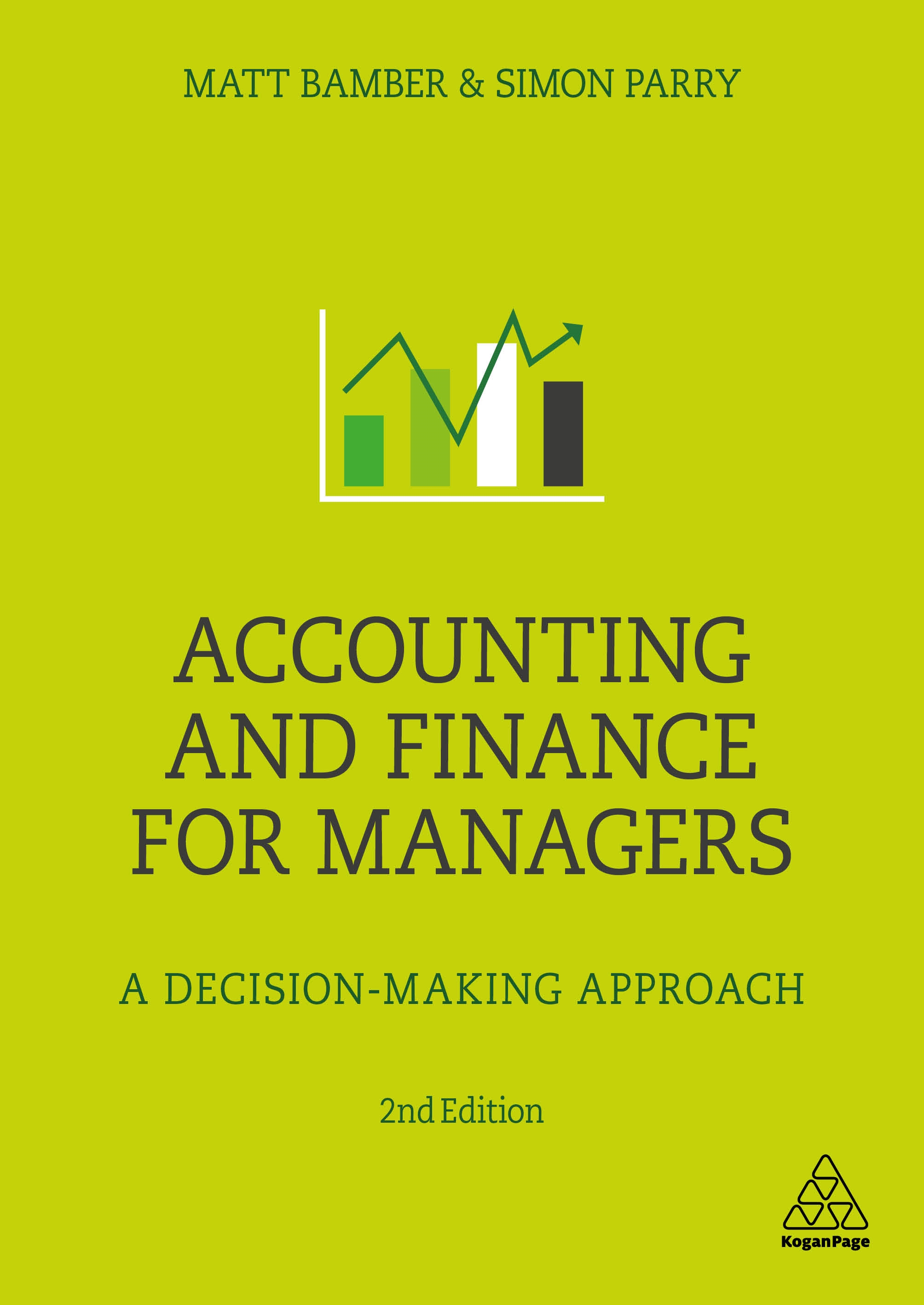
Accounting and Finance for Managers Strengthen your decision-making processes with this interpretive approach to accounting and financial information. Specifically designed for the needs of MBA, EMBA and MA Business and Management students. BUSINESS & ECONOMICS,Accounting,Managerial
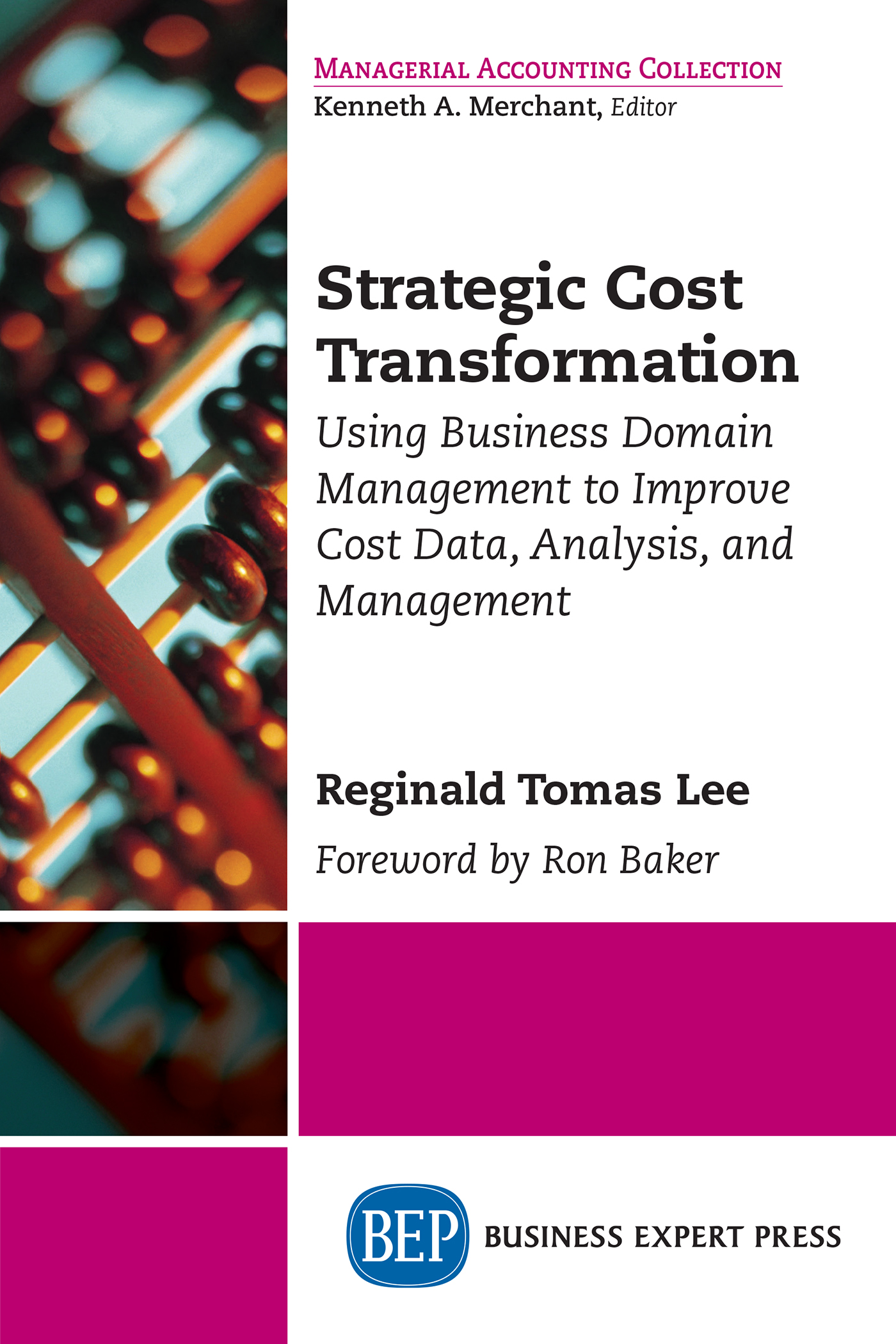
Strategic Cost Transformation Strategic Cost Transformation offers a new framework, business domain management, which creates a comprehensive picture of your organization for improved cash based decision-making. Your product costs $2.86 to make. What does the number tell you about your operations, how effectively they were run, demand, or how much money you spent on capacity? Nothing. Shouldn’t you know? Accounting information creates a limited picture of operations and true cash performance. Strategic Cost Transformation offers a new framework, business domain management, which creates a comprehensive picture of your organization for improved cash based decision-making. BUSINESS & ECONOMICS,Accounting,Managerial
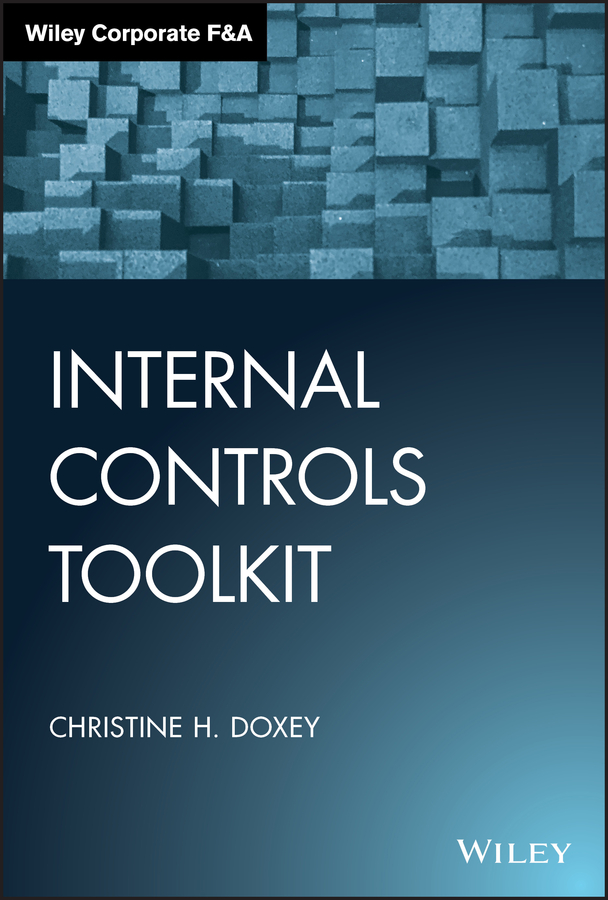
Internal Controls Toolkit Step-by-step guidance on creating internal controls to manage risk Internal control is a process for assuring achievement of an organization's objectives in operational effectiveness and efficiency, reliable financial reporting, and compliance with laws, regulations, and policies. This is a "toolkit" approach that addresses a practical need for a series of standards of internal controls that can be used to mitigate risk within any size organization. Inadequate internal controls can cause a myriad of problems that adversely affect its ability to provide reliable, timely, and useful financial and managerial data needed to support operating, budgeting, and policy decisions. Reliable data is necessary to make sound business decisions. • Toolkit approach with detailed controls and risks outlined for key business processes • Foundational for SOX 404 initiatives • Key material to improve internal control efforts • Guidance during M&A projects Poor controls over data quality can cause financial data to be unreliable, incomplete, and inaccurate—this book helps you control that quality and manage risk. BUSINESS & ECONOMICS,Accounting,Managerial
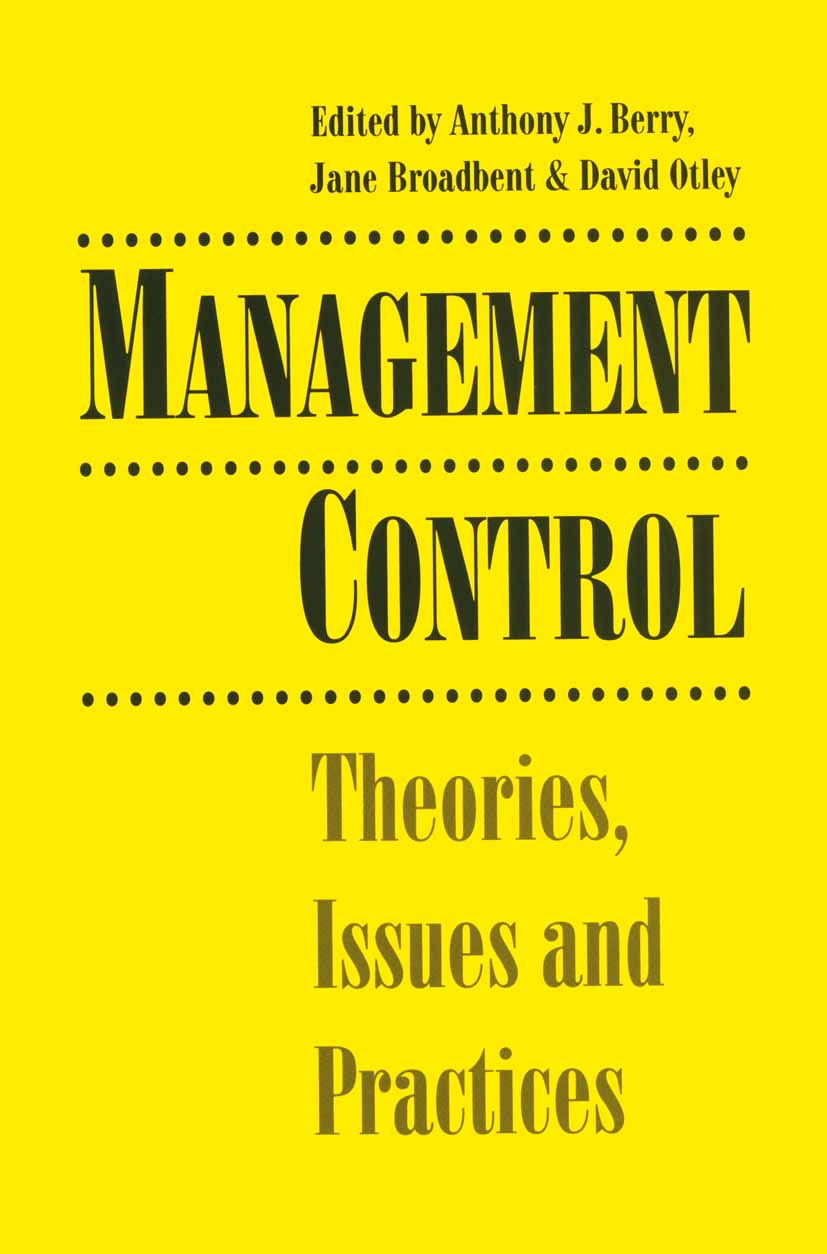
Management Control This book provides a starting point from which to explore Management Control. By providing a wide-ranging discussion of the issues and institutional settings for this subject, it seeks to provide a resource which can be 'dipped into' on a flexible basis. Divided into 3 sections with different focuses, nevertheless each chapter is self standing and can be amalgamated to suit reader preferences. Section one explores the various approaches to organisational control by focusing on systems approaches, the ways in which tasks are structured and the detailed procedures which can be used, concluding with the context in which control exists. Section two looks at specific issues such as accounting, issues of strategy and the use of performance indicators. The impact of Japanese culture is also examined. Section three looks more closely at particular organisational settings such as the airline industry, schools, the NHS, financial services and manufacturing. Aimed at those on advanced undergraduate and post-graduate courses, Management Control should also provide food for thought for practising managers. BUSINESS & ECONOMICS,Accounting,Managerial
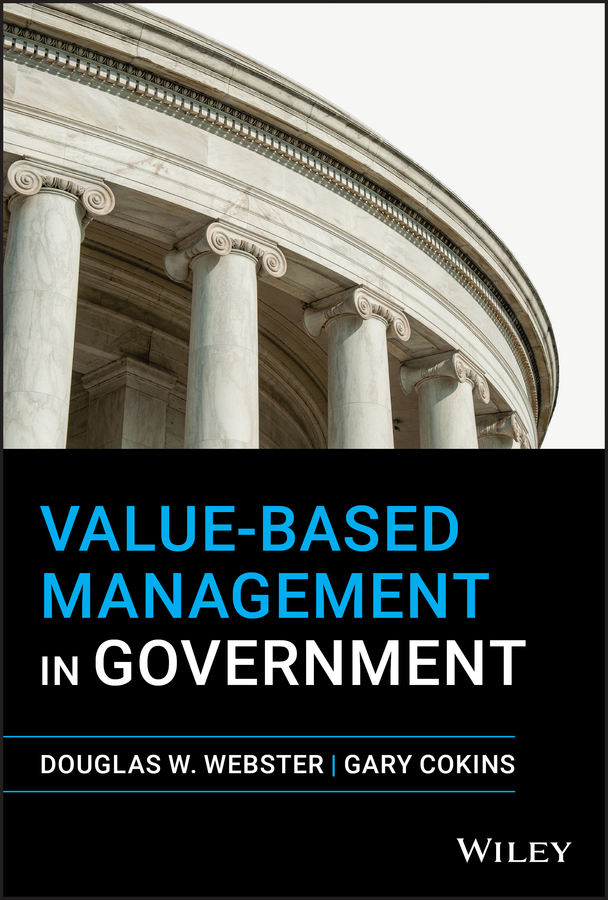
Value-Based Management in Government Provides step-by-step guidance on implementing and using a value-based management system within the government Countless books on proposed management practices have been written and published over the past century. Some of these have focused on specific management practices for government. In more recent decades, the topics of strategic planning, performance management, cost management and risk management have been extensively covered. However, little has been offered as an approach to integrate these and numerous other management methods and practices in a manner that maximizes the delivery of value to the organization’s key stakeholders. A general management framework is presented in this book in a manner particularly applicable to government organizations. Value-Based Management in Government introduces a new, integrating framework for management practices that optimizes the balancing of results sought; resources supplied and allocated; and risks accepted. These considerations are all balanced for the purpose of delivering maximum stakeholder value. The book offers guidance on how strategic planning, performance management, cost/resource management, and risk management must all be integrated as part of a portfolio management framework across the organization. The book also discusses the role of information technology (IT) in providing data for insights and decision-making, and the importance of organizational change management to implement the needed organizational and behavioral changes. Beginning by explaining the concept of Value-Based Management for the public sector and government, the text goes on to explore topics such as the evolutionary stages of maturity of management accounting, the benefit of attributes (e.g., value-add versus nonvalue-add) in cost data, predictive planning with expense projections, risk management, and various performance measurements (e.g., key performance indicators [KPIs] ). This authoritative book: Discusses a framework for balancing and integrating cost, performance, and risk Explains IT systems integration issues related to activity-based cost management (ABC/M) Addresses why some ABC/M implementation projects fail to meet expectations Describes how quality management efforts can be measured in financial terms Explores the wider uses of predictive accounting (e.g., driver-based budgeting, what-if scenario analysis) Provides organizational change management insights and recommendations needed to achieve the required changes in management decision-making. Value-Based Management in Government is an important source of information for leaders, executives, managers, and employee teams working within or with government organizations. BUSINESS & ECONOMICS,Accounting,Managerial
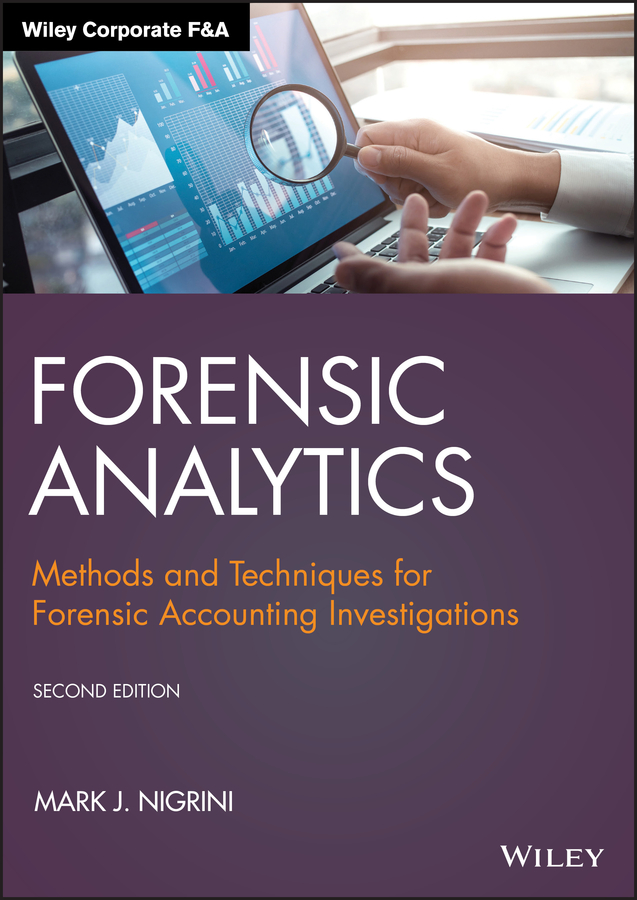
Forensic Analytics Become the forensic analytics expert in your organization using effective and efficient data analysis tests to find anomalies, biases, and potential fraud—the updated new edition Forensic Analytics reviews the methods and techniques that forensic accountants can use to detect intentional and unintentional errors, fraud, and biases. This updated second edition shows accountants and auditors how analyzing their corporate or public sector data can highlight transactions, balances, or subsets of transactions or balances in need of attention. These tests are made up of a set of initial high-level overview tests followed by a series of more focused tests. These focused tests use a variety of quantitative methods including Benford’s Law, outlier detection, the detection of duplicates, a comparison to benchmarks, time-series methods, risk-scoring, and sometimes simply statistical logic. The tests in the new edition include the newly developed vector variation score that quantifies the change in an array of data from one period to the next. The goals of the tests are to either produce a small sample of suspicious transactions, a small set of transaction groups, or a risk score related to individual transactions or a group of items. The new edition includes over two hundred figures. Each chapter, where applicable, includes one or more cases showing how the tests under discussion could have detected the fraud or anomalies. The new edition also includes two chapters each describing multi-million-dollar fraud schemes and the insights that can be learned from those examples. These interesting real-world examples help to make the text accessible and understandable for accounting professionals and accounting students without rigorous backgrounds in mathematics and statistics. Emphasizing practical applications, the new edition shows how to use either Excel or Access to run these analytics tests. The book also has some coverage on using Minitab, IDEA, R, and Tableau to run forensic-focused tests. The use of SAS and Power BI rounds out the software coverage. The software screenshots use the latest versions of the software available at the time of writing. This authoritative book: Describes the use of statistically-based techniques including Benford’s Law, descriptive statistics, and the vector variation score to detect errors and anomalies Shows how to run most of the tests in Access and Excel, and other data analysis software packages for a small sample of the tests Applies the tests under review in each chapter to the same purchasing card data from a government entity Includes interesting cases studies throughout that are linked to the tests being reviewed. Includes two comprehensive case studies where data analytics could have detected the frauds before they reached multi-million-dollar levels Includes a continually-updated companion website with the data sets used in the chapters, the queries used in the chapters, extra coverage of some topics or cases, end of chapter questions, and end of chapter cases. Written by a prominent educator and researcher in forensic accounting and auditing, the new edition of Forensic Analytics: Methods and Techniques for Forensic Accounting Investigations is an essential resource for forensic accountants, auditors, comptrollers, fraud investigators, and graduate students. BUSINESS & ECONOMICS,Accounting,Managerial
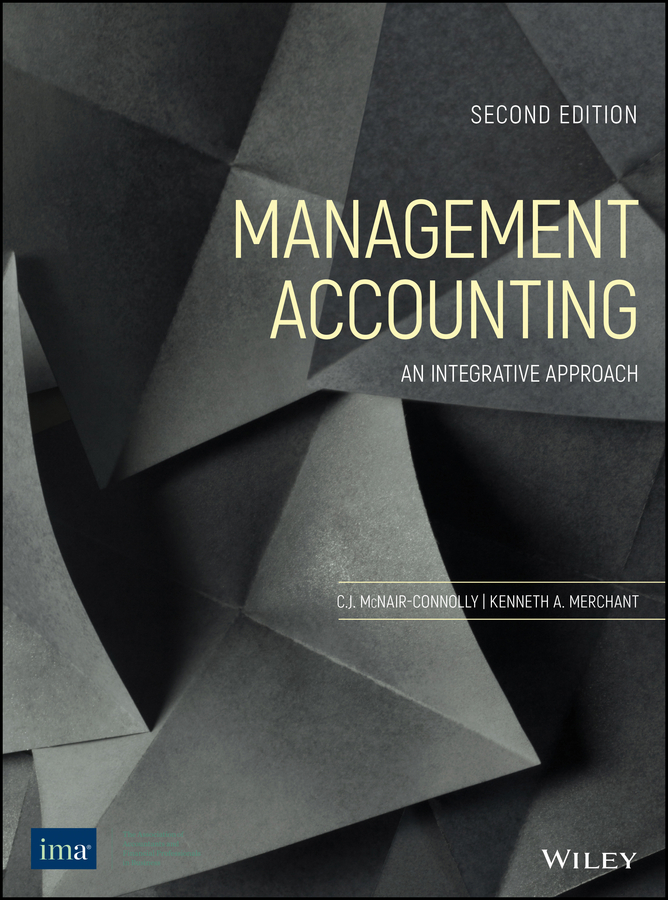
Management Accounting BUSINESS & ECONOMICS,Accounting,Managerial

Accounting, Representation and Responsibility In organizations, accounting produces organizational knowledge that affects decision-making and managerial action. Companies placing importance on shareholder value sometimes tend to elevate accounting to a higher truth criterion for justifying managerial actions. Yet, the nature of accounting renders it difficult to argue that accounting information necessarily produce a better basis for decision-making than arguments which are not based on accounting. This is because, as previous research has also argued, accounting counts some things but omits many others, while managers are accountable for much more than what accounting actually counts. Using a theoretical apparatus from Deleuze and GuattarÃ, this book illustrates that accounting-based actions such as making management decisions, maintaining organisational responsibility and hierarchical control are manifestations of the ways in which accounting is composed. This concise introduction will be invaluable for researchers and advanced students of management accounting exploring responsibility accounting and accountability. BUSINESS & ECONOMICS,Accounting,Managerial
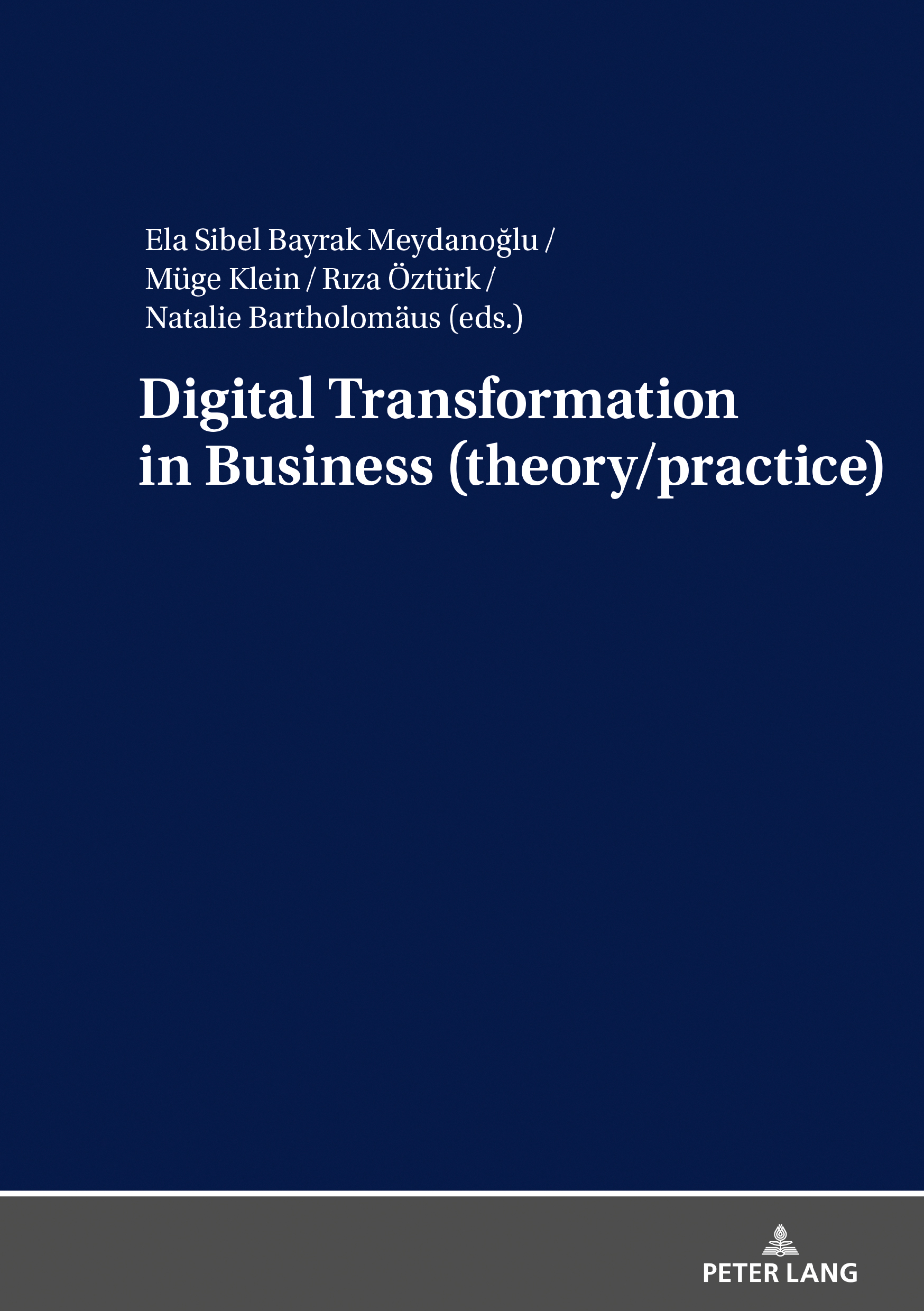
Digital Transformation in Business (theory/practice) Augmented Reality. Mobile Marketing. New Role of HR. Blockchains. Legal Business. Monitoring Corporate Reputation. Controlling. Digital Maturity Models for SMEs. Social Sustainability. Robo-Advisors vs. Human Financial Advisors. BUSINESS & ECONOMICS,Accounting,Managerial
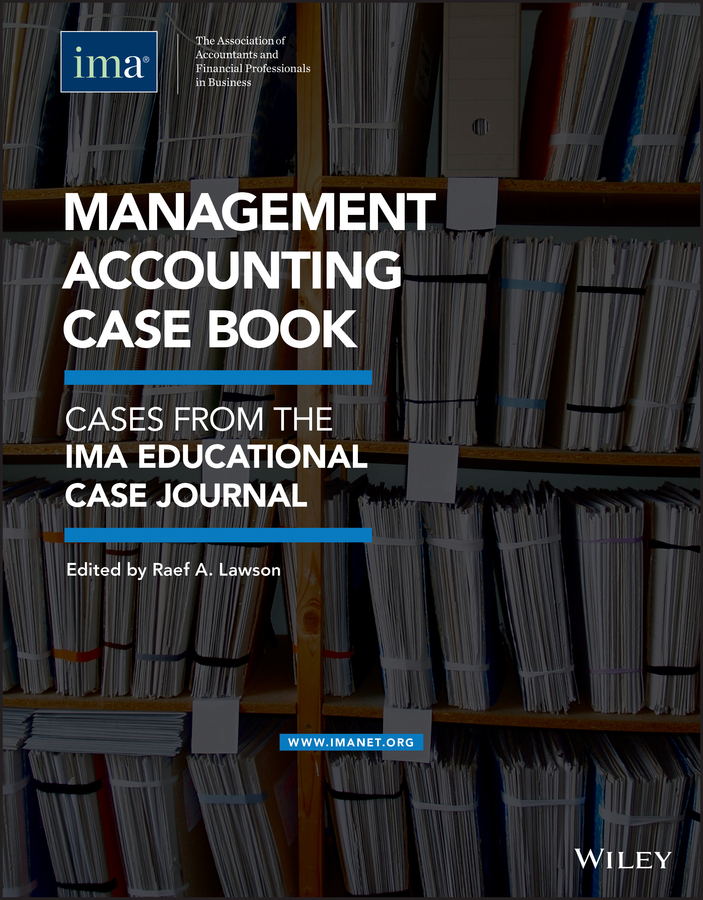
Management Accounting Case Book Enlighten your students and improve your understanding of management accounting with this carefully curated collection of case studies Management Accounting Case Book: Cases from the IMA Educational Case Journal offers a detailed account of real-world business cases accessible to a variety of business-savvy audiences. It provides comprehensive coverage of several areas relevant to students and professionals in business and finance, including: · Strategic cost management (including product and service costing, cost allocation, and strategy implementation) · Planning and decision making (including cost estimation, CVP analysis, budgeting, decision making, capital investments, target costing, and TOC) · Operations, process management, and innovation (including flexible budgeting, standard costs, variance analysis, non-financial performance indicators, quality control, lean, and innovation governance) Used by dozens of different universities, the Management Accounting Case Book contains cases reviewed and rigorously vetted by the Institute of Management Accountants. The book is perfect for anyone hoping to increase their understanding of management theory or facilitate lively discussion about the topics contained within. BUSINESS & ECONOMICS,Accounting,Managerial

Strategic Management Control Strategic management control differs from traditional management control in several important respects. First, it supports both strategy formulation and strategy implementation. Second, it is to a large extent based on non-financial information. Third, it deals with both the long and short term and supports not only tactical, but also strategic and operational decision-making. Fourth, and perhaps most importantly, strategic management control is designed for, and adapted to, each organisation’s unique strategies. In this context, the book emphasises the importance of dialogues. The authors argue that it is unwise to assume that decisions taken at the top of the organisation will automatically be executed and obeyed throughout the organisation. Instead, they highlight the importance of dialogue and collaboration, both between hierarchical levels within the organisation and between actors in the network. Such communication is essential to making management control processes both strategic and successful. The book follows a clear structure, from the design of strategies to the everyday evaluation and discussion of performance and results. Though primarily intended for professionals working in strategy and management control at organisations, it will also benefit students and academics interested in strategy and management control. BUSINESS & ECONOMICS,Accounting,Managerial
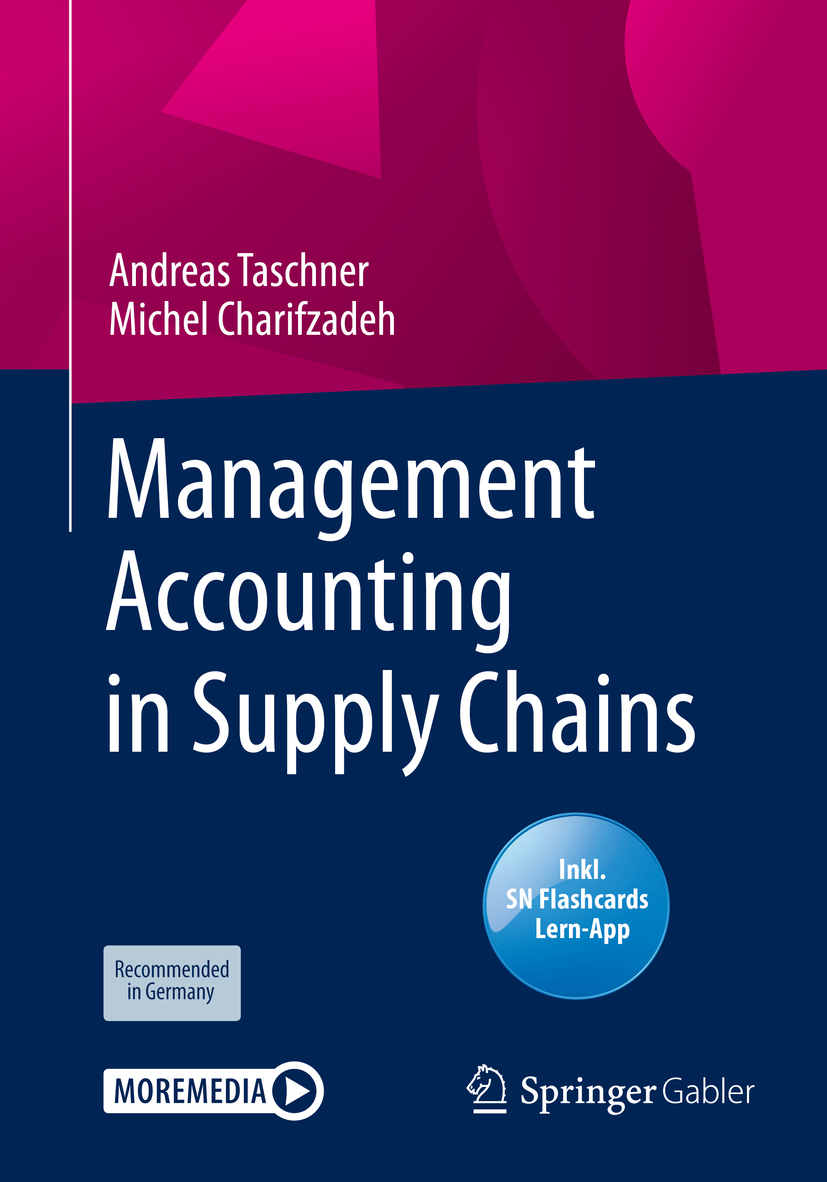
Management Accounting in Supply Chains Companies more and more compete as integrated supply chains rather than as individual firms. Success of the entire supply chain (SC) determines the economic well-being of the individual company. With management attention shifting to supply chains, the role of management accounting (MAC) naturally must extend to the cross-company layer as well. MAC can make a significant contribution to SC success, but is faced with a multitude of problems and challenges when trying to do so. Students both in supply chain management (SCM) or management accounting (MAC) respectively, are typically not familiarized with these issues. There is still a clear gap in higher education teaching when it comes to management accounting in a cross-company setting. This textbook wants to fill the gap. It targets students who are already familiar with the fundamentals of accounting and now want to extend their expertise in the field of cross-company (or network) management accounting – with supply chains being the typical case in point. Practitioners might draw valuable insights from the text as well. This textbook has been developed for university courses conducted in English language, especially in Germany, Austria and Switzerland. Additional questions via app: Download the Springer Nature Flashcards app for free and use exclusive additional material to test your knowledge. BUSINESS & ECONOMICS,Accounting,Managerial
compteur pour site











































